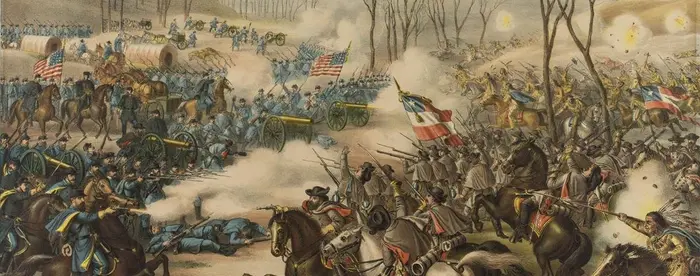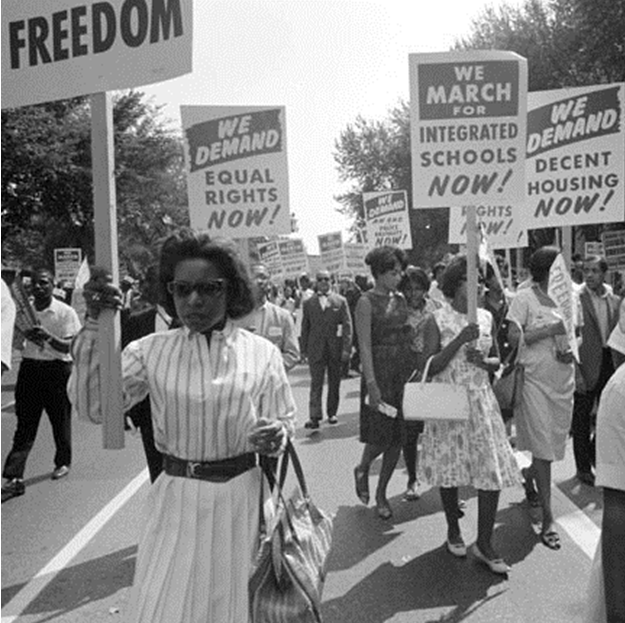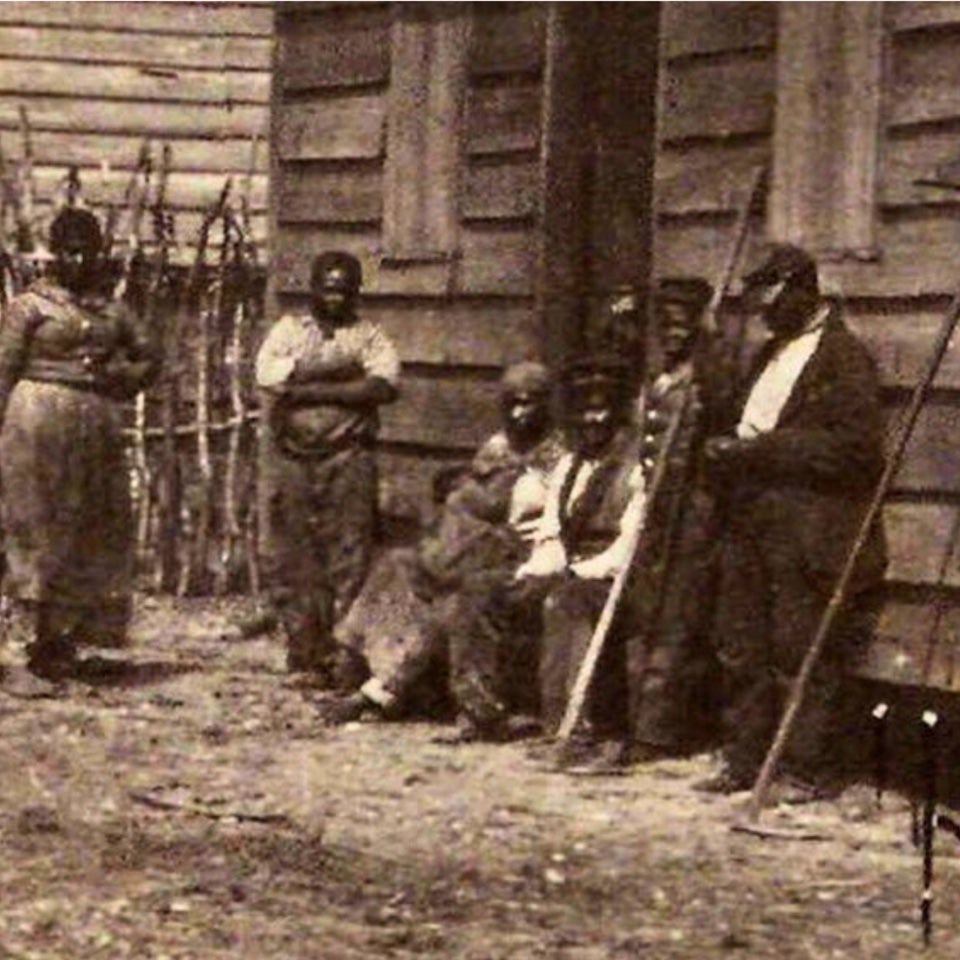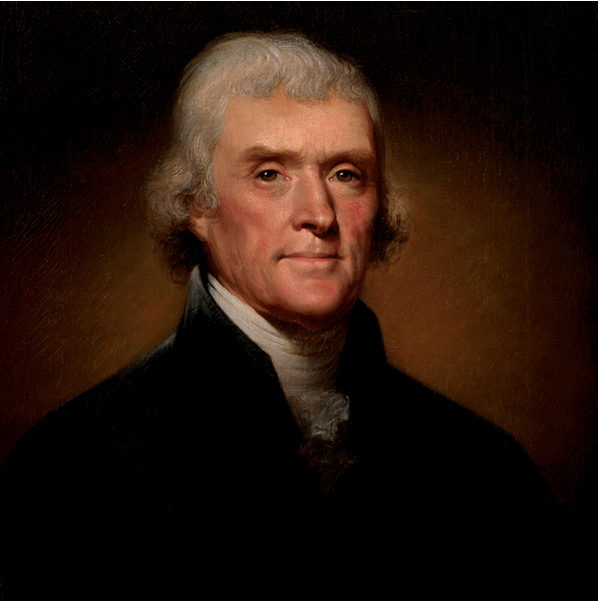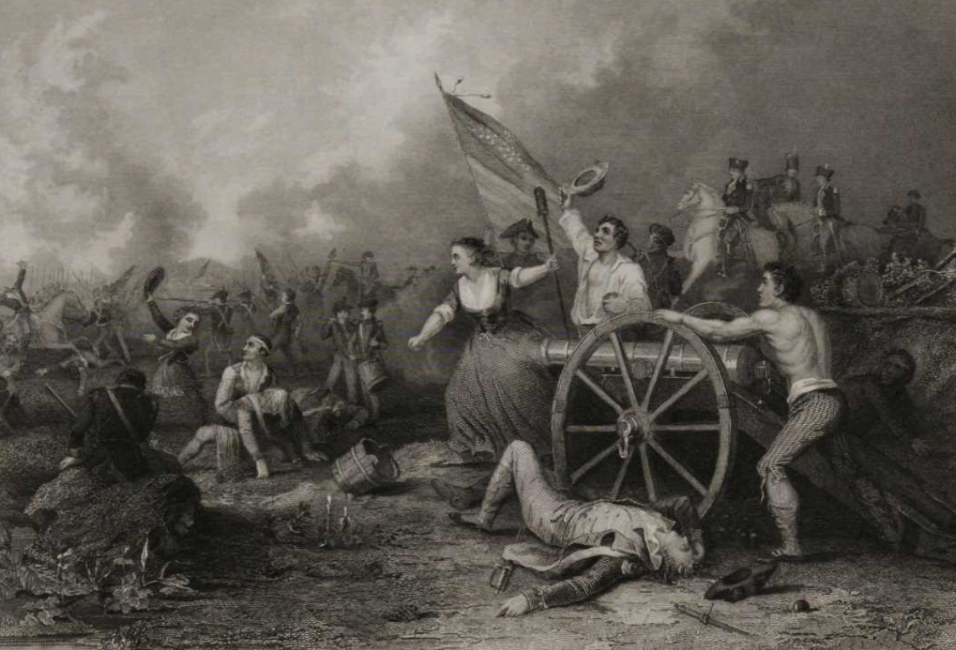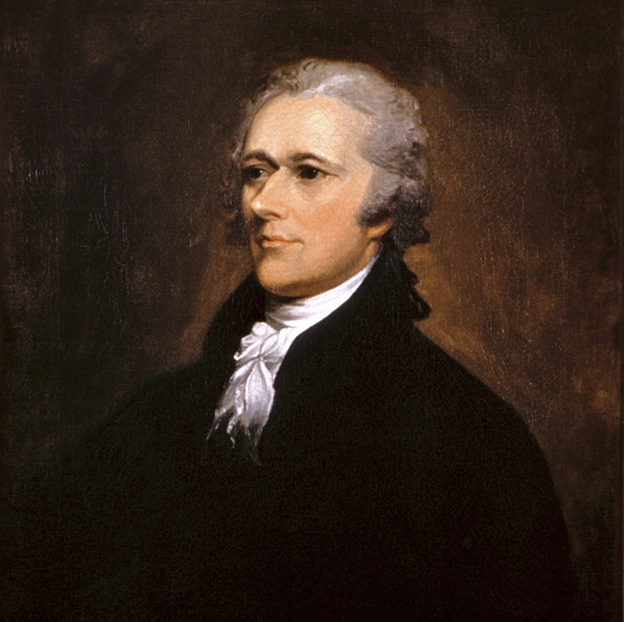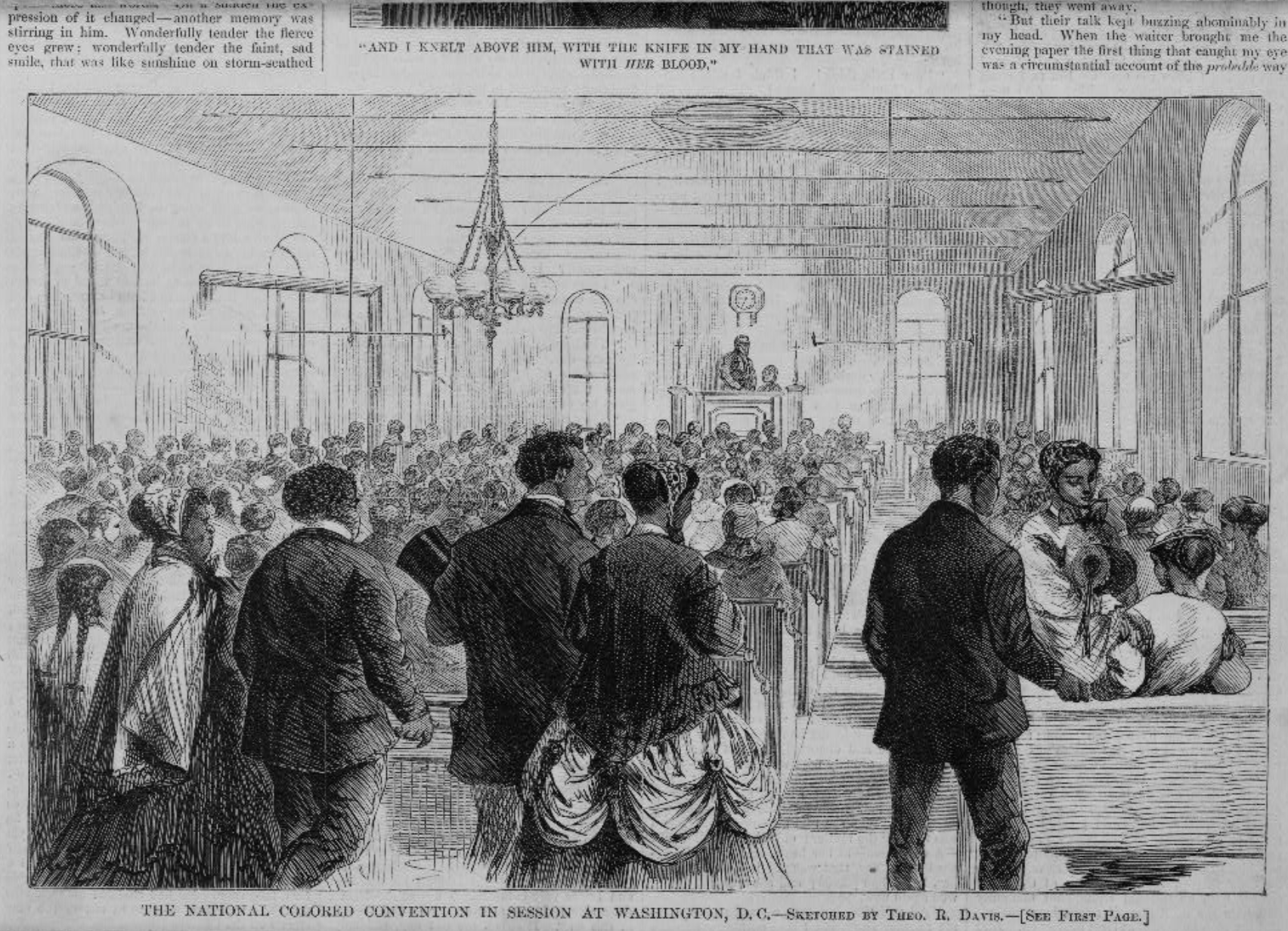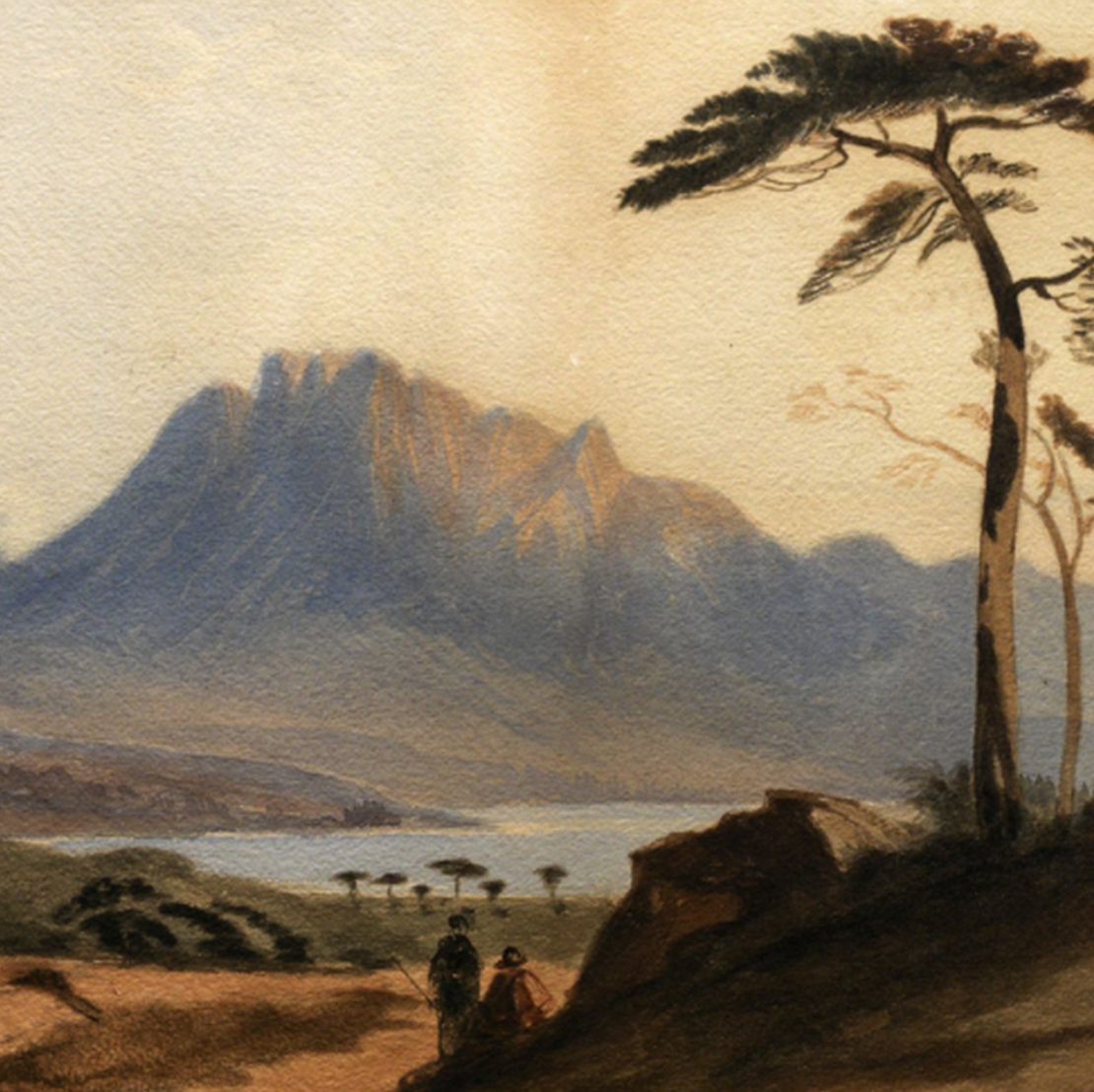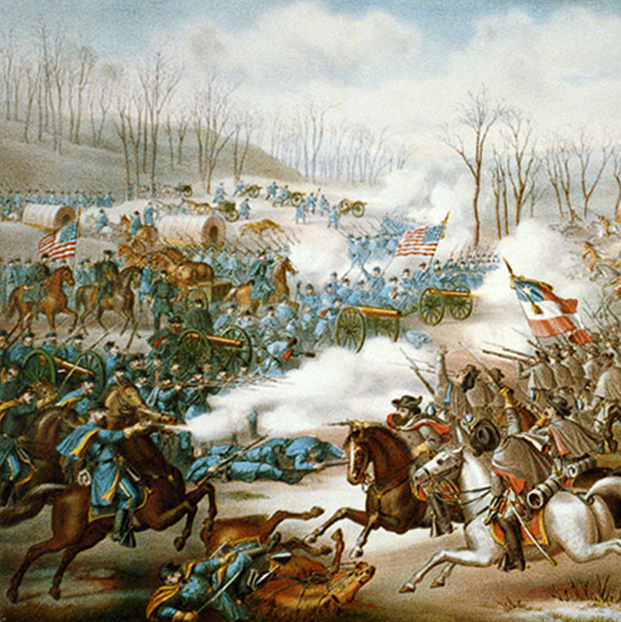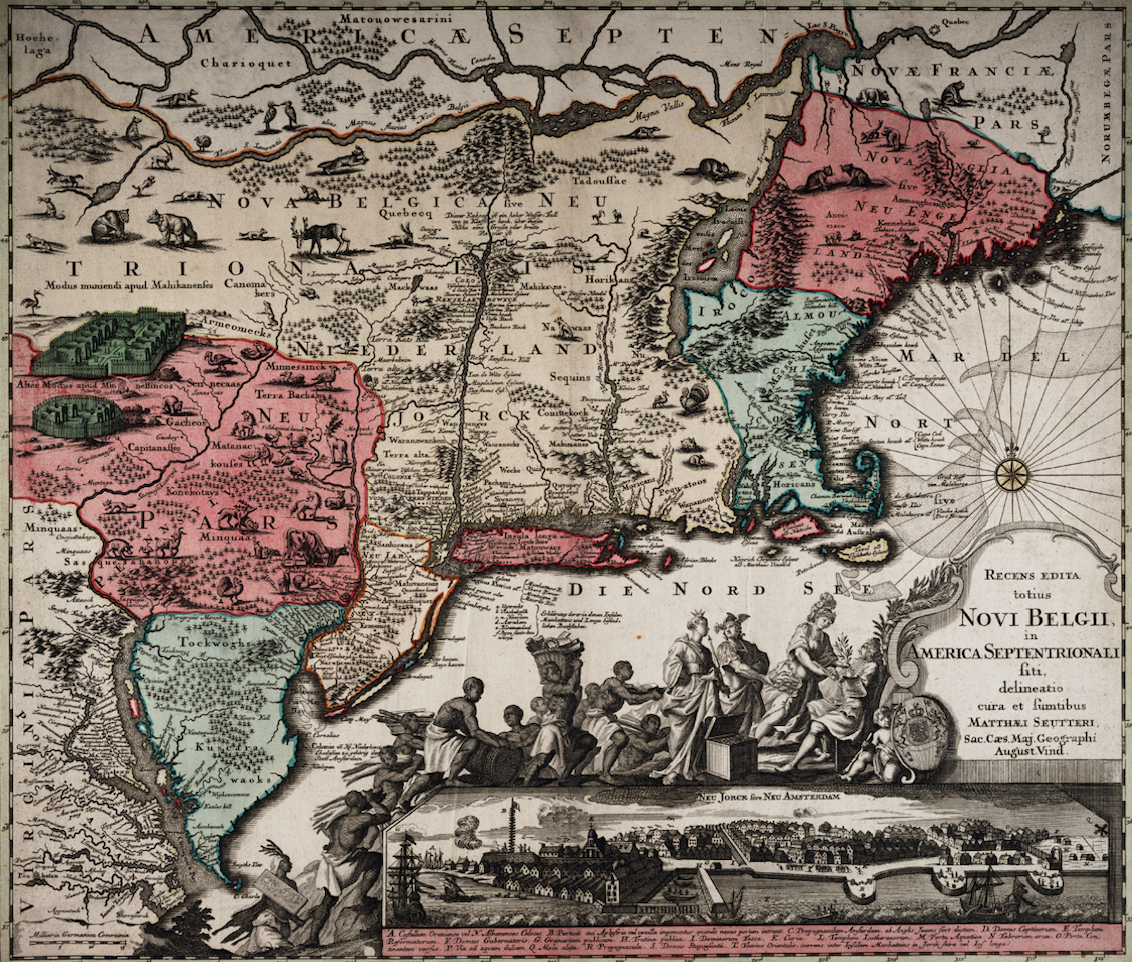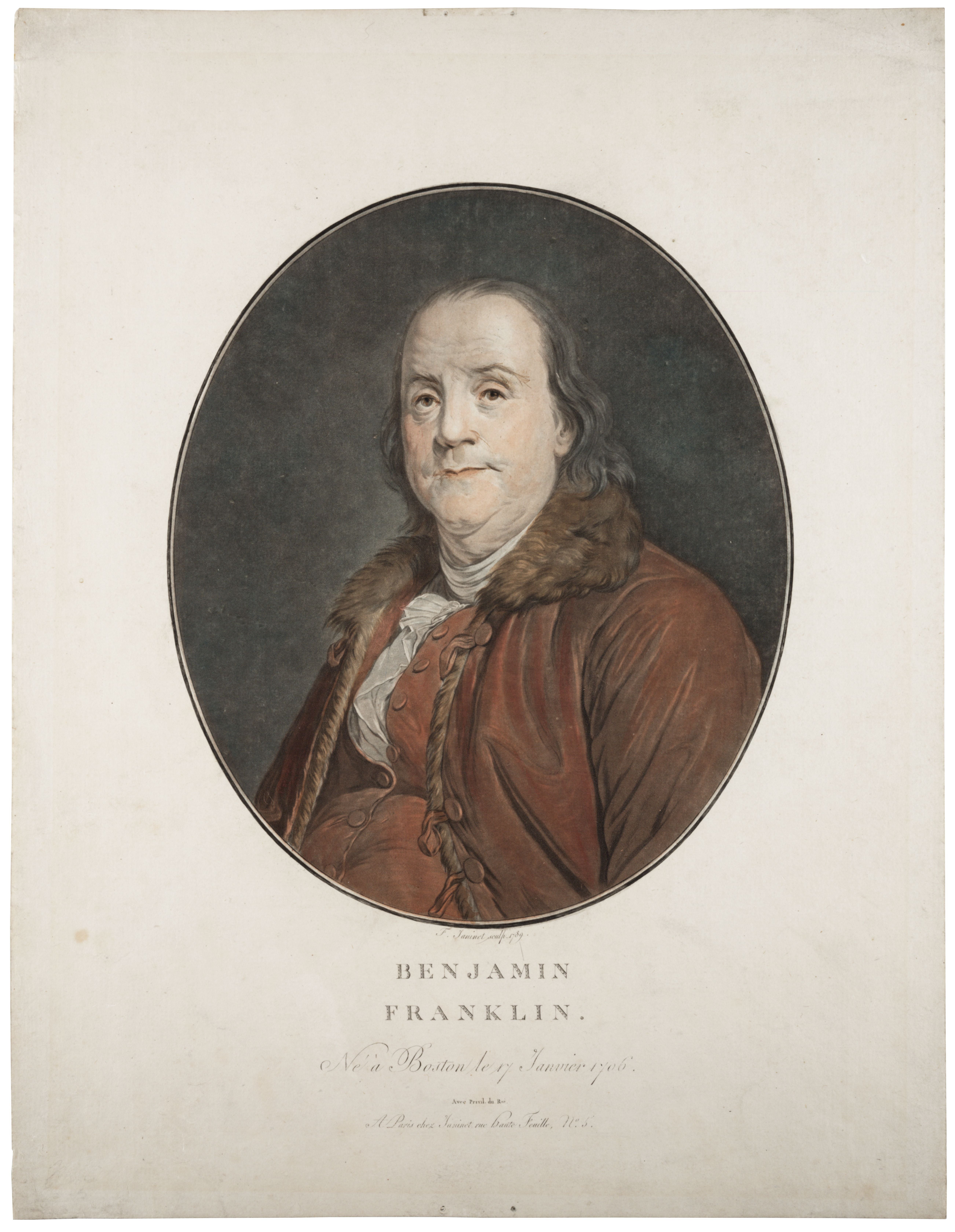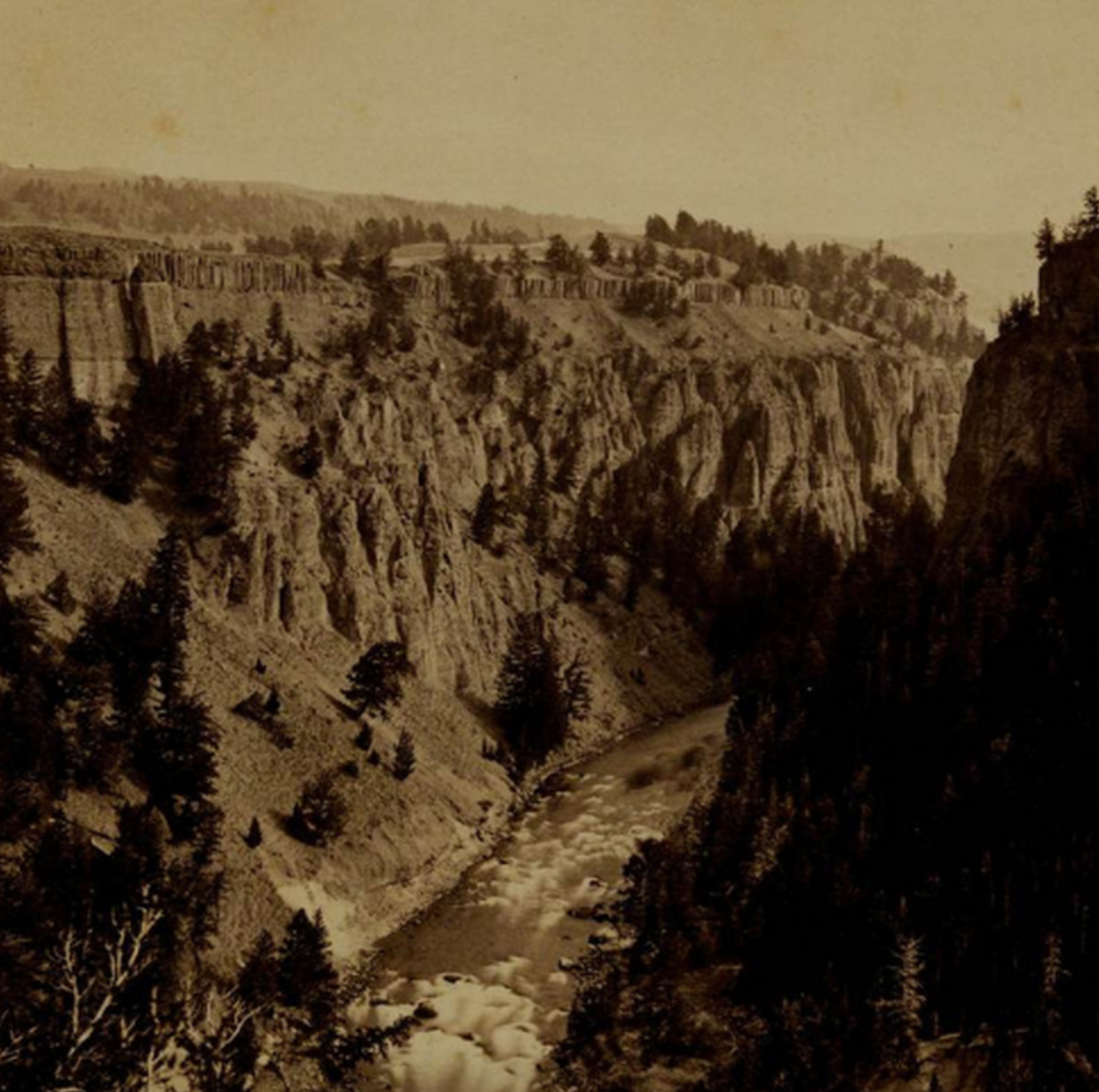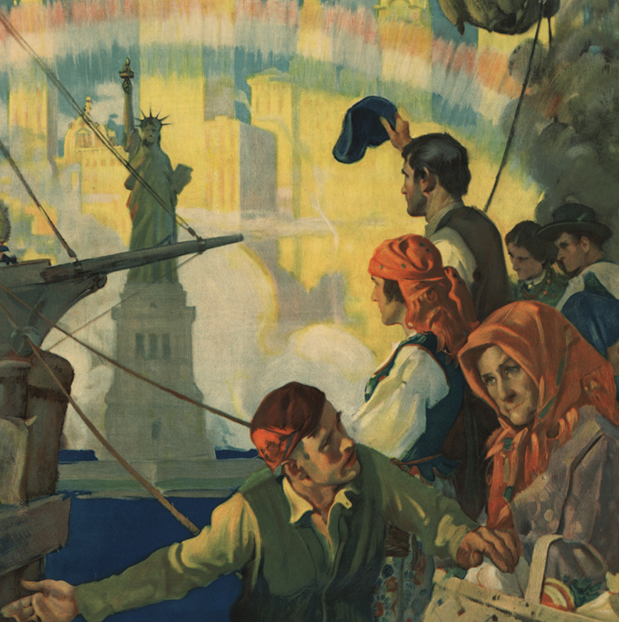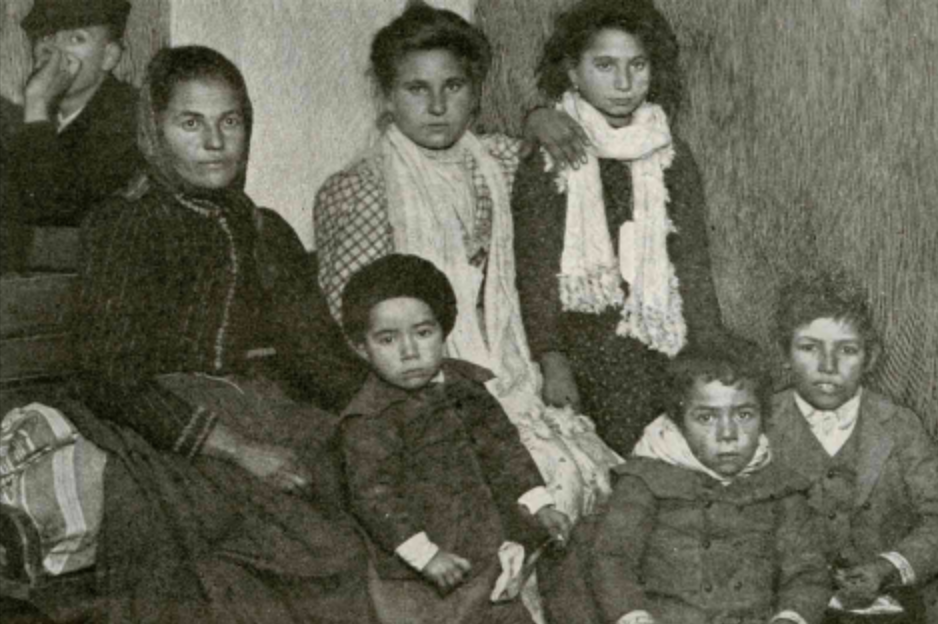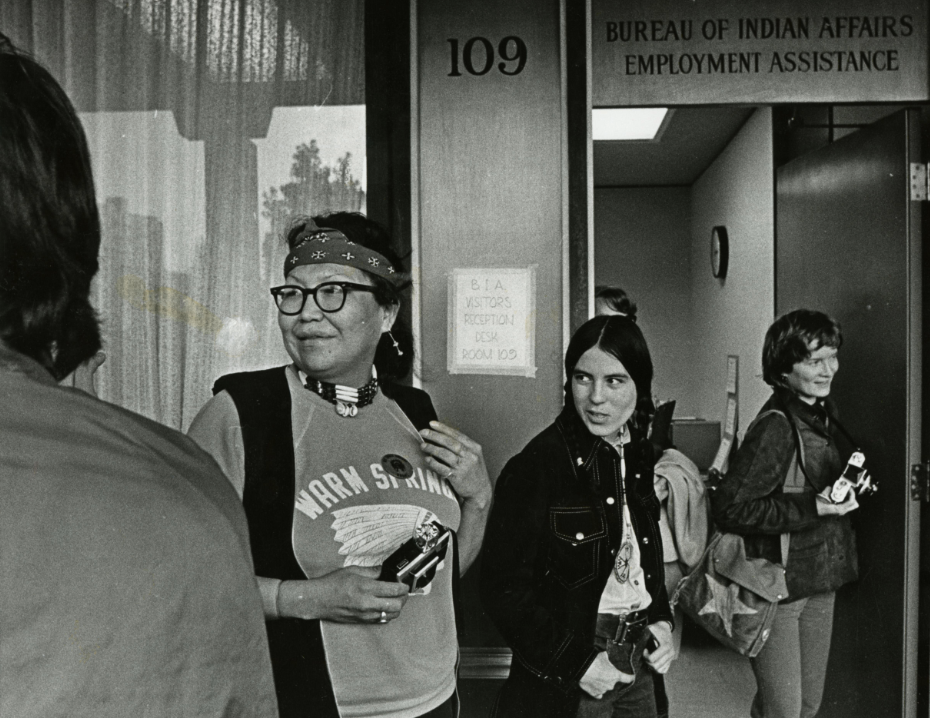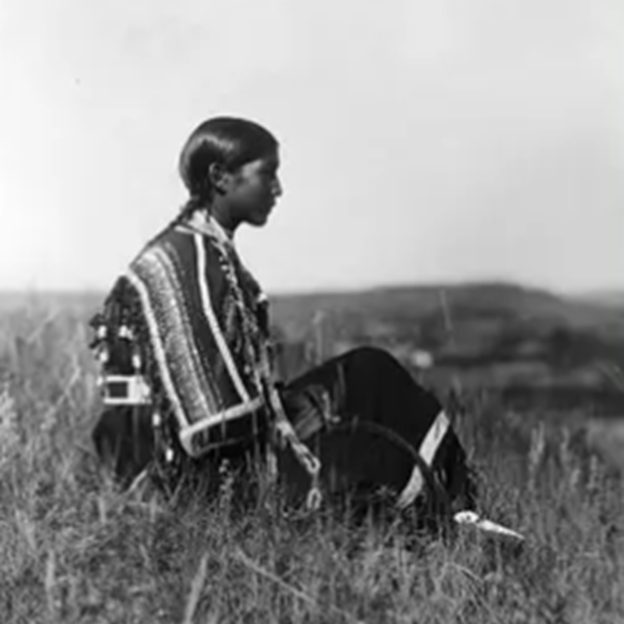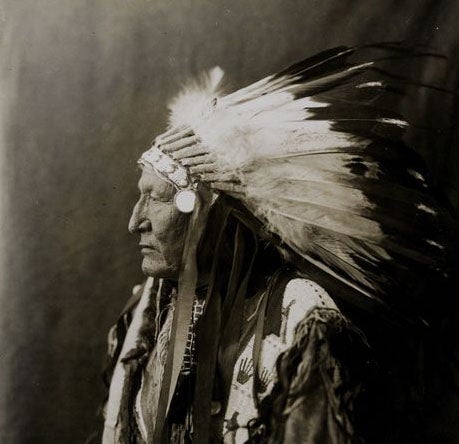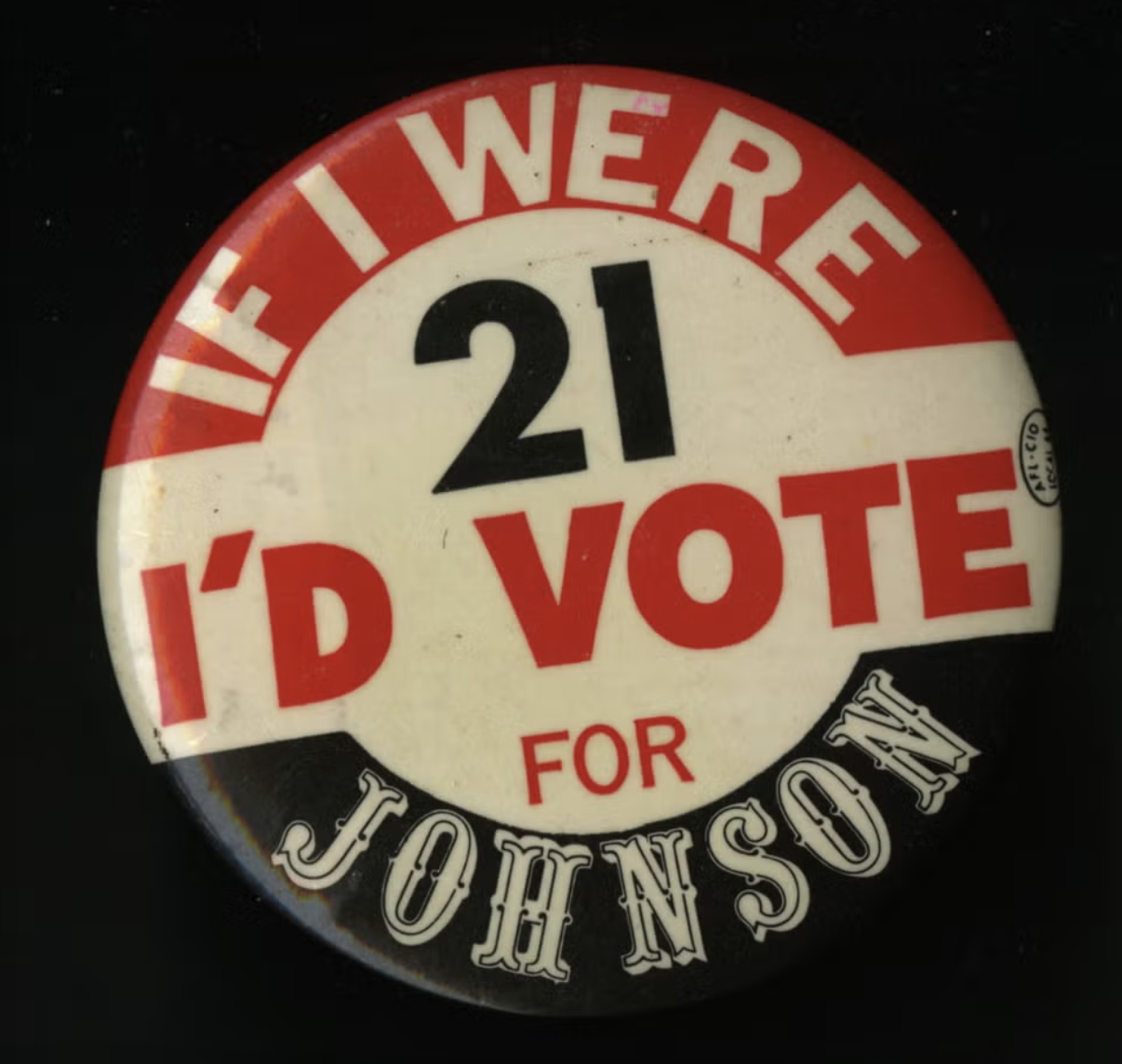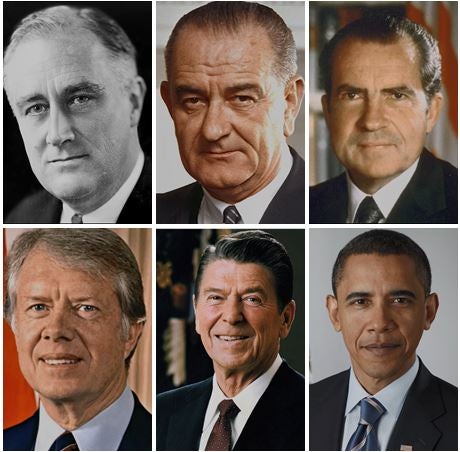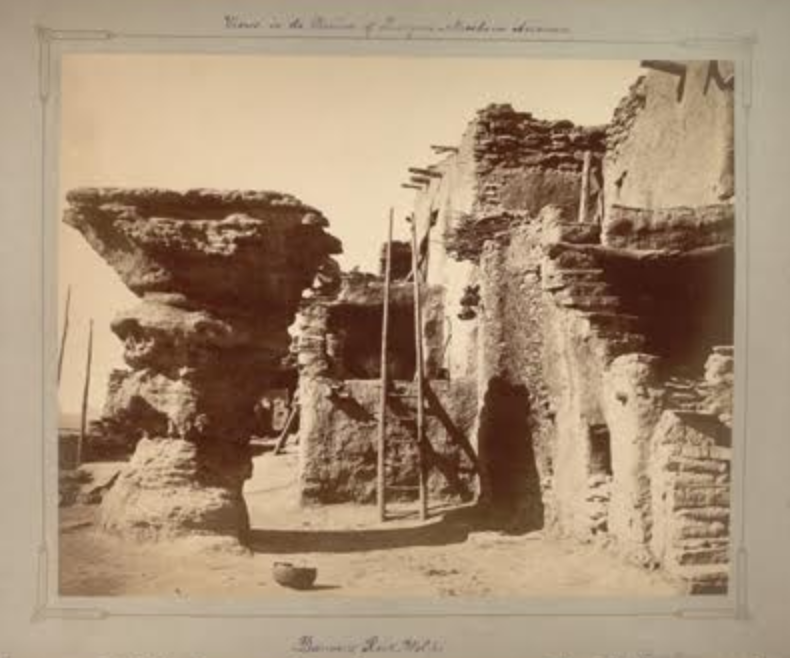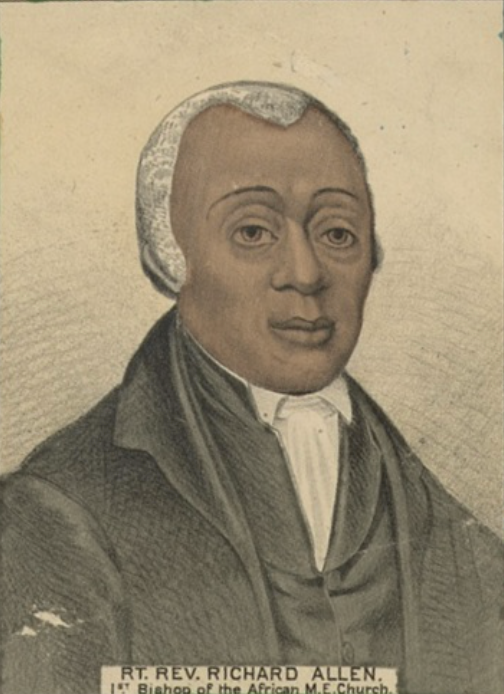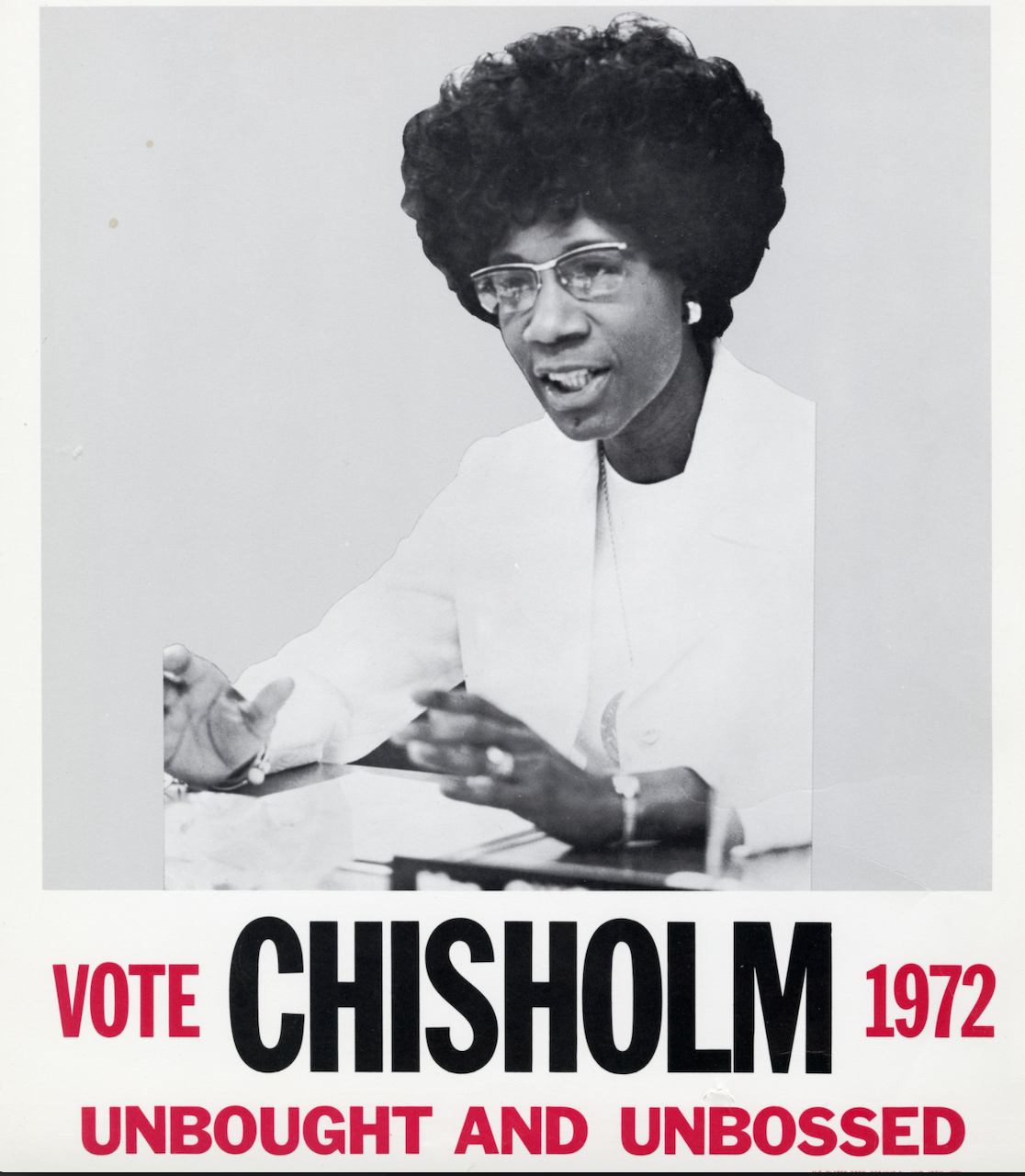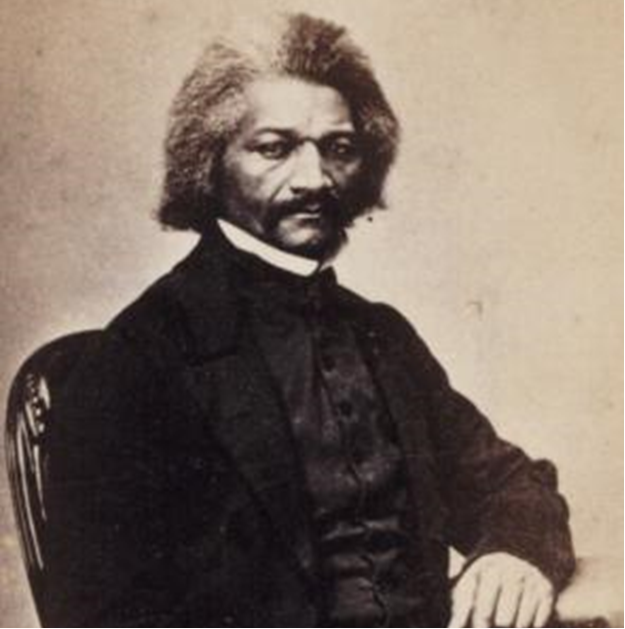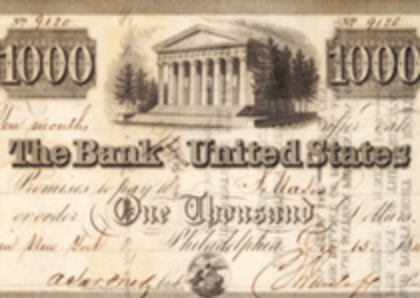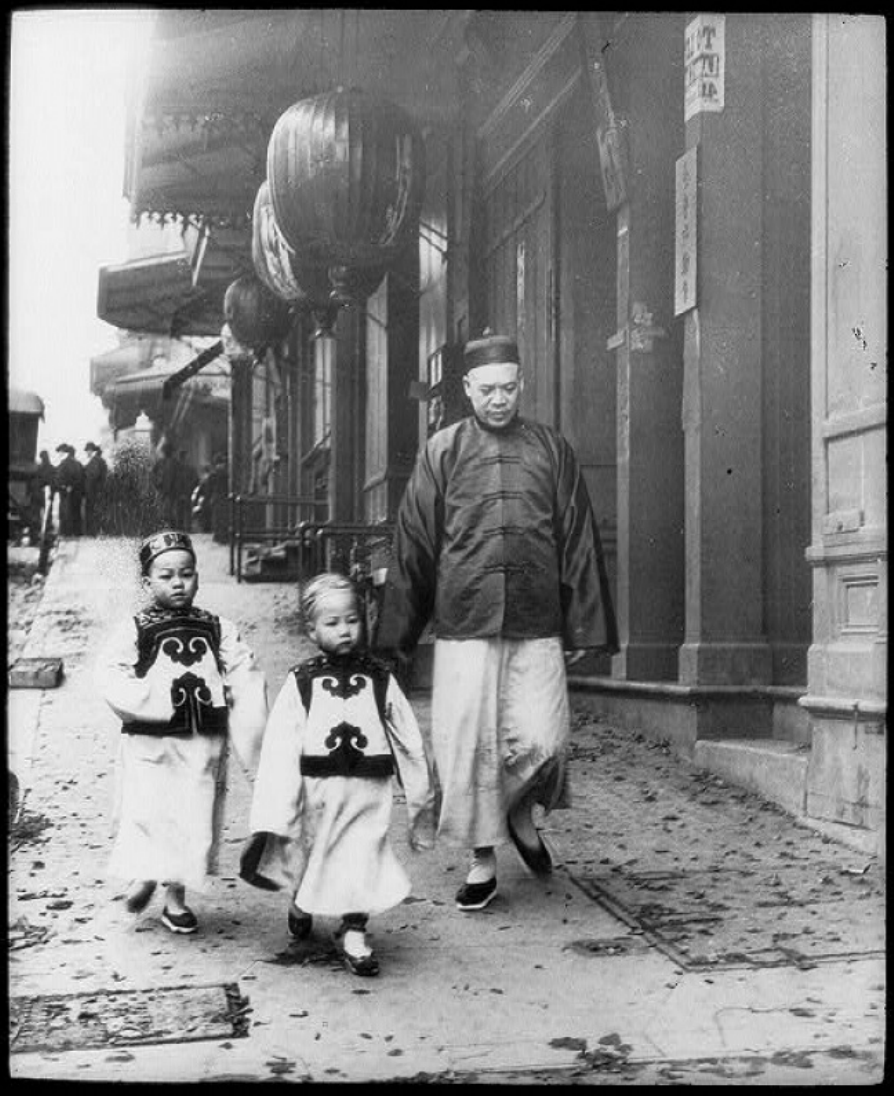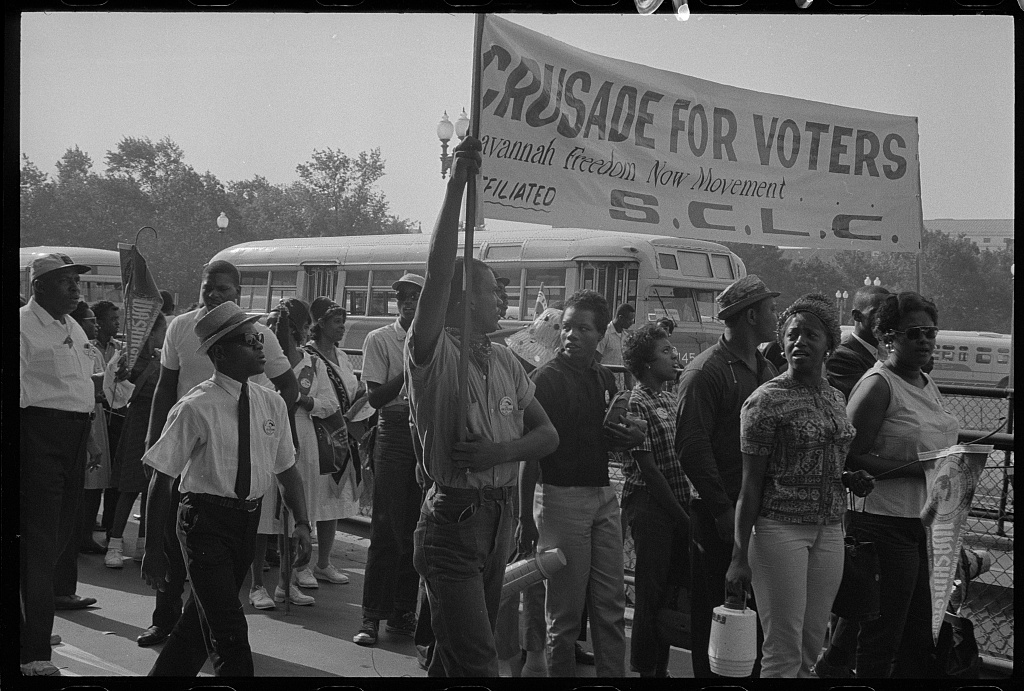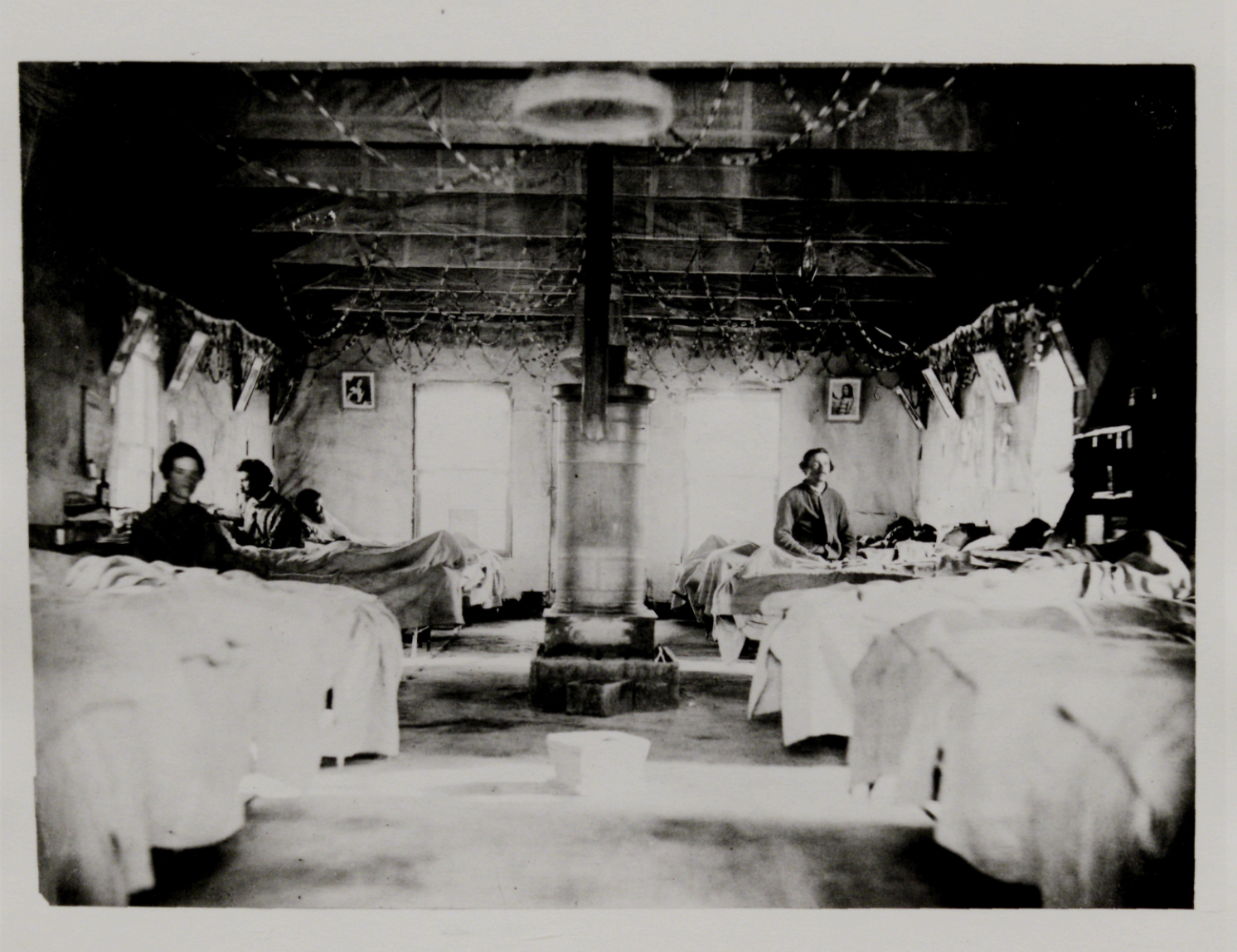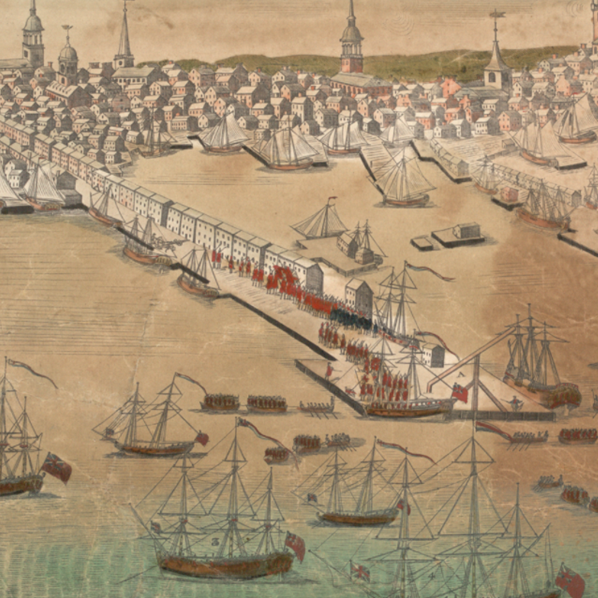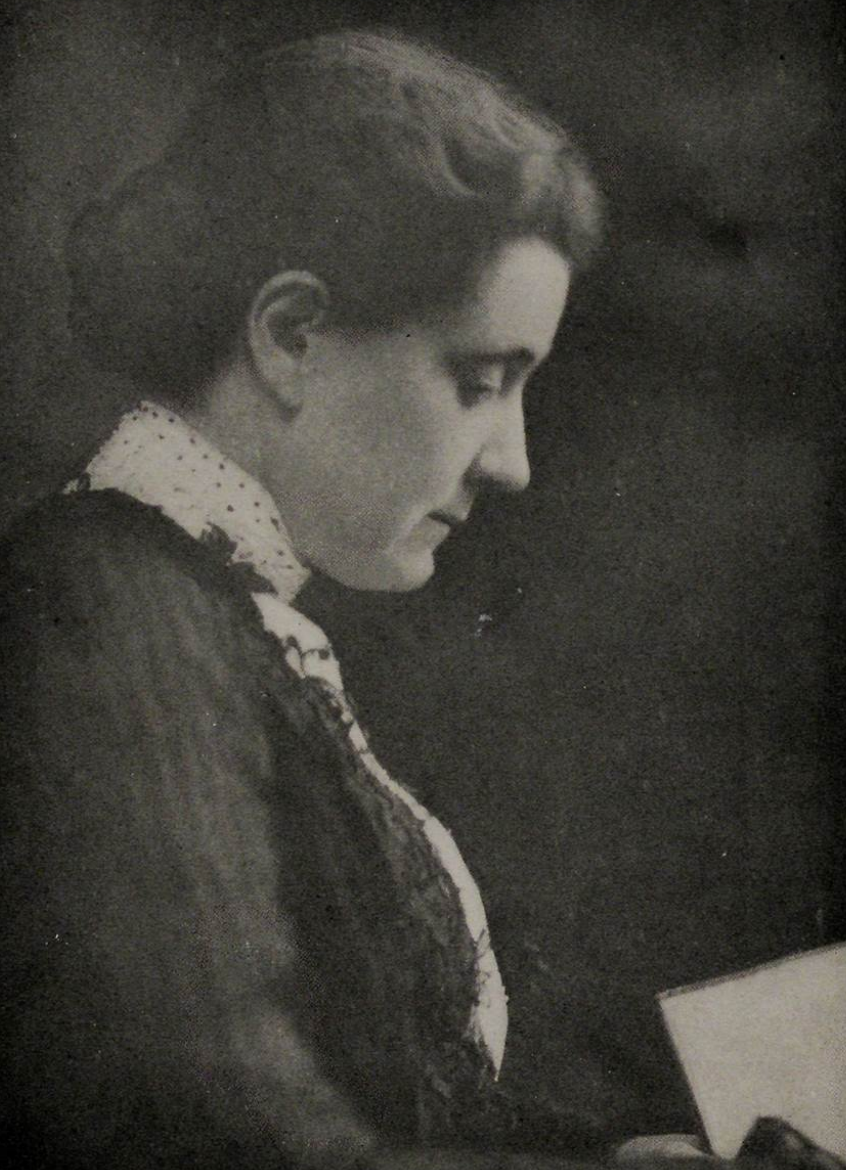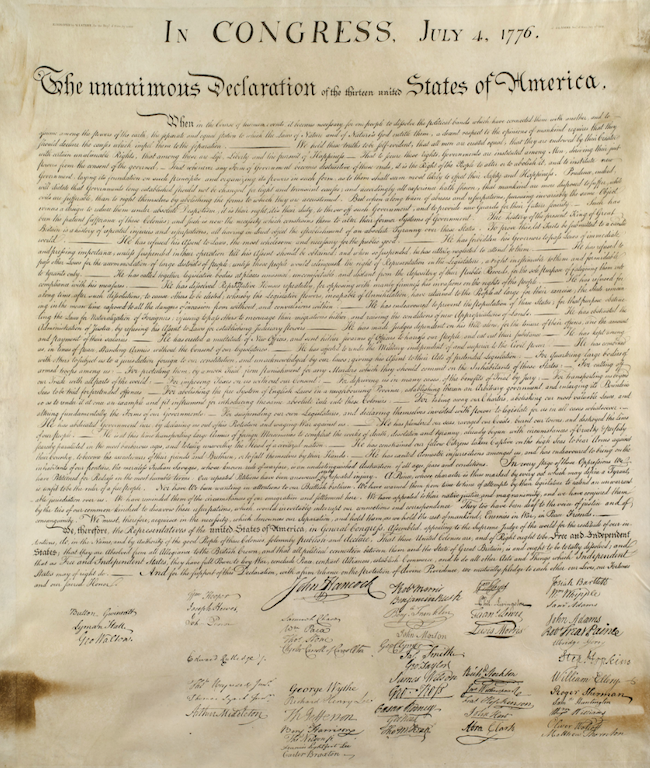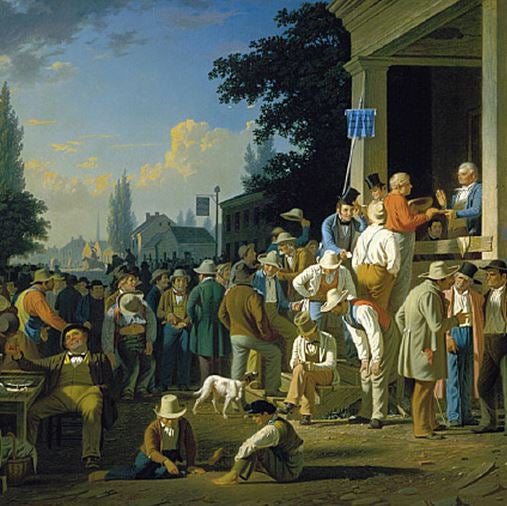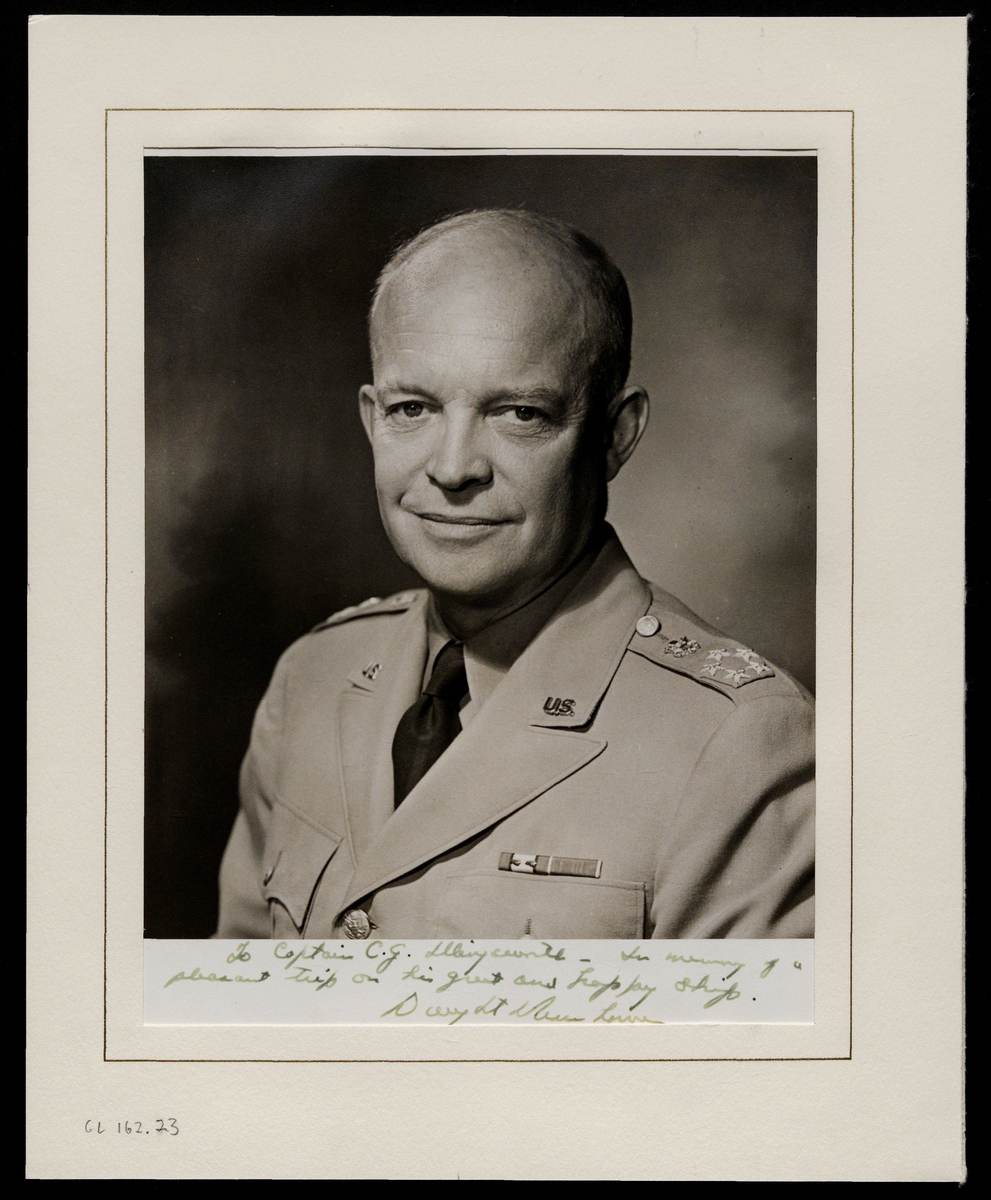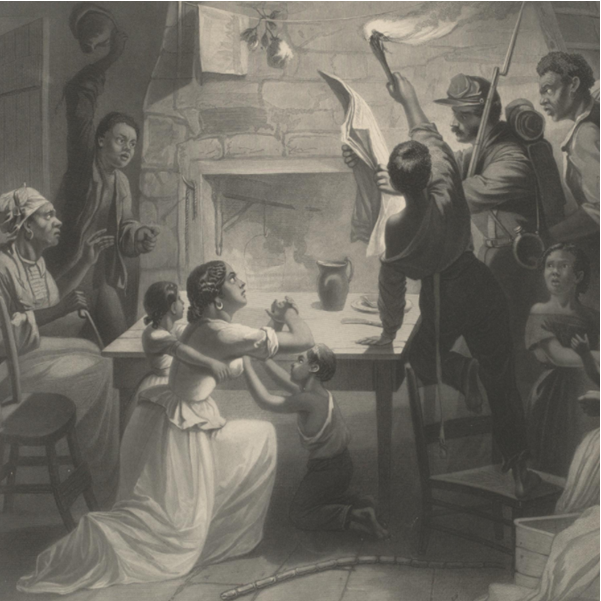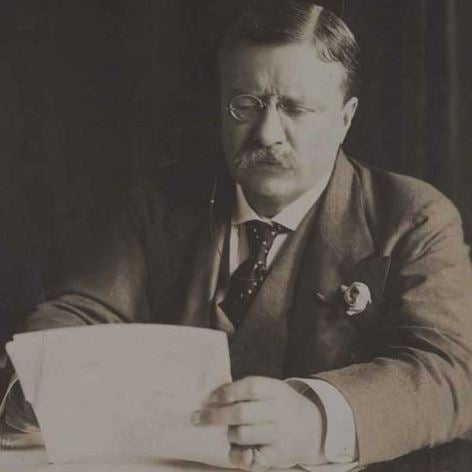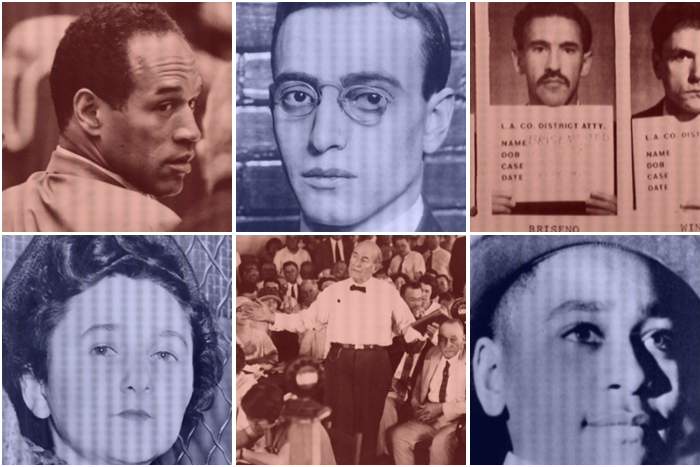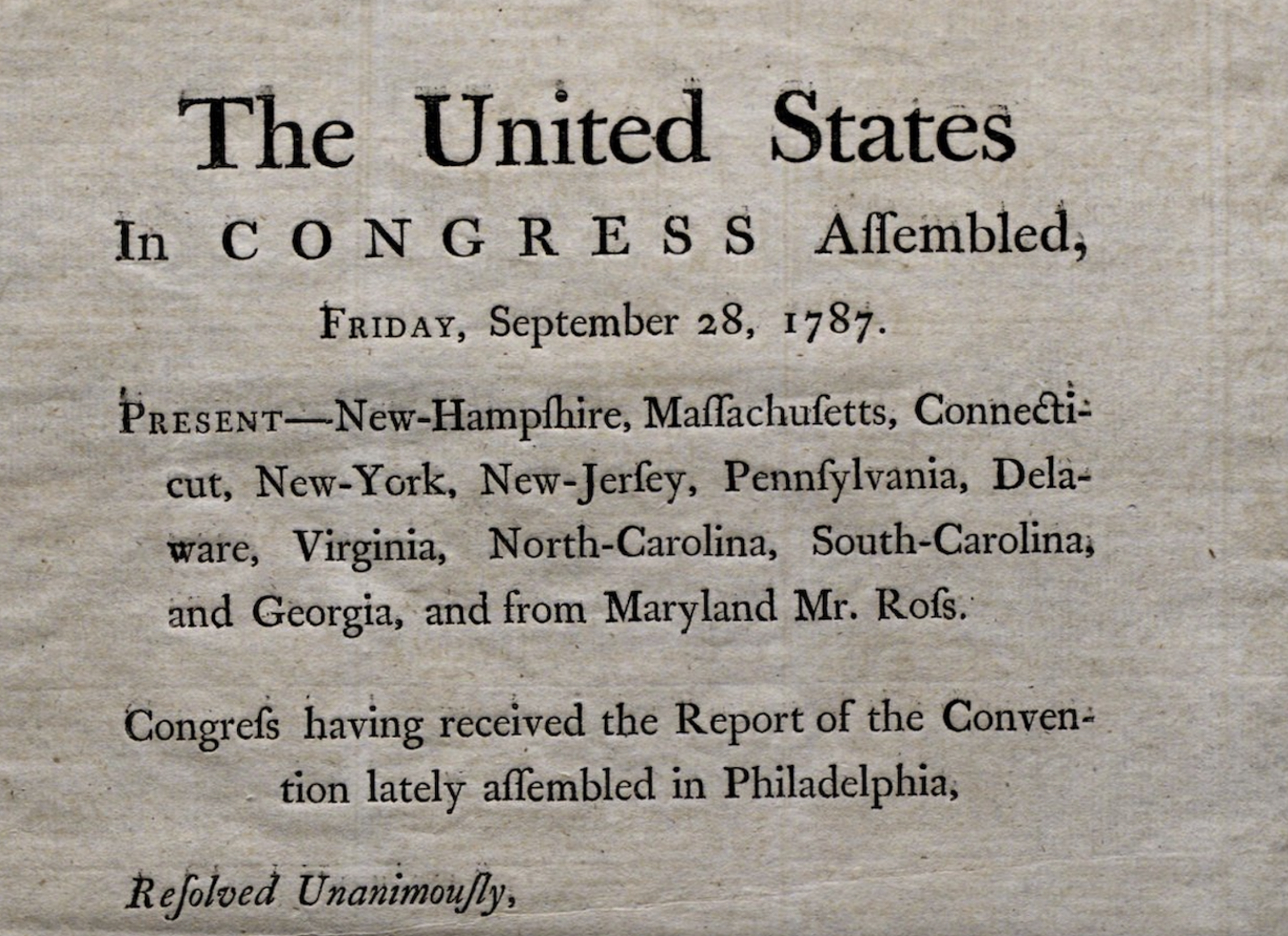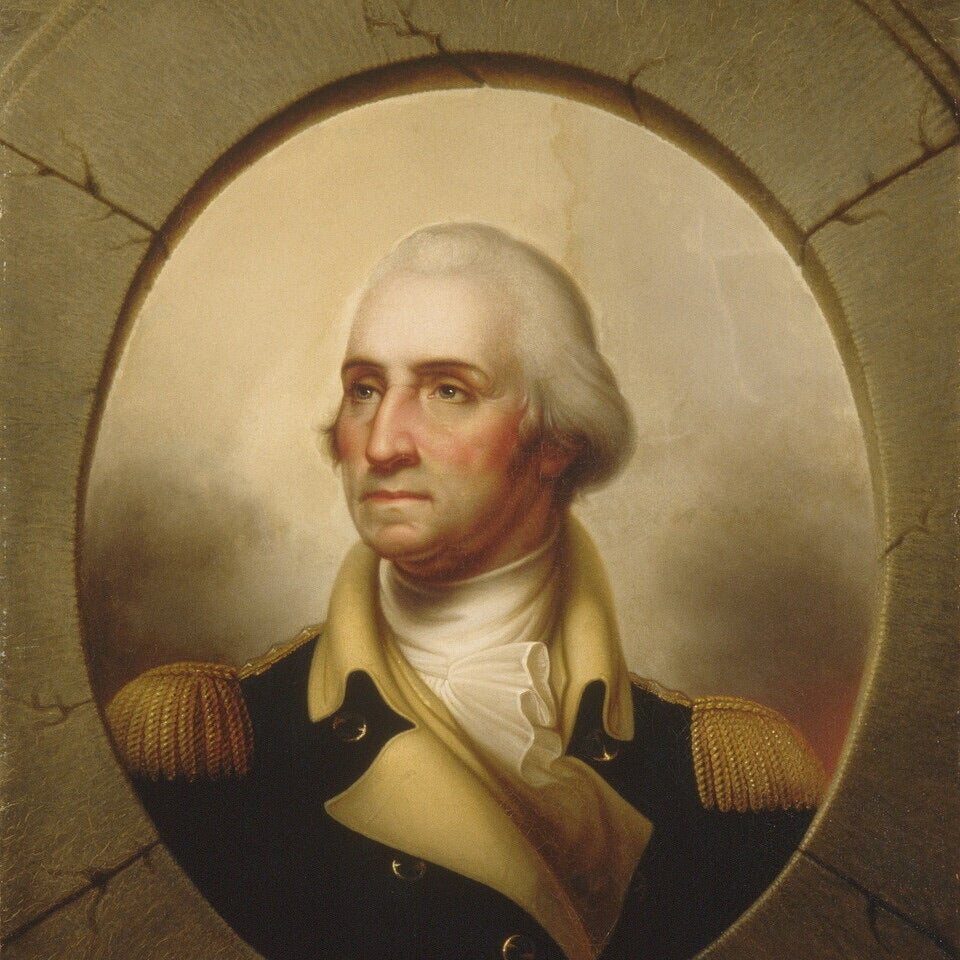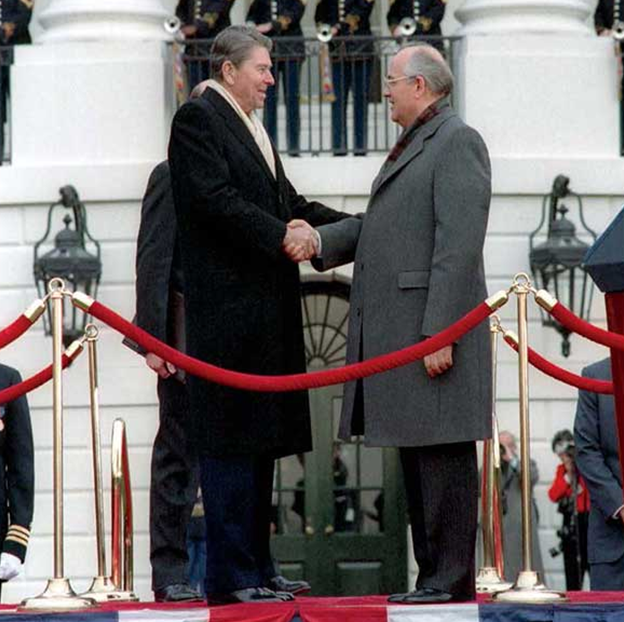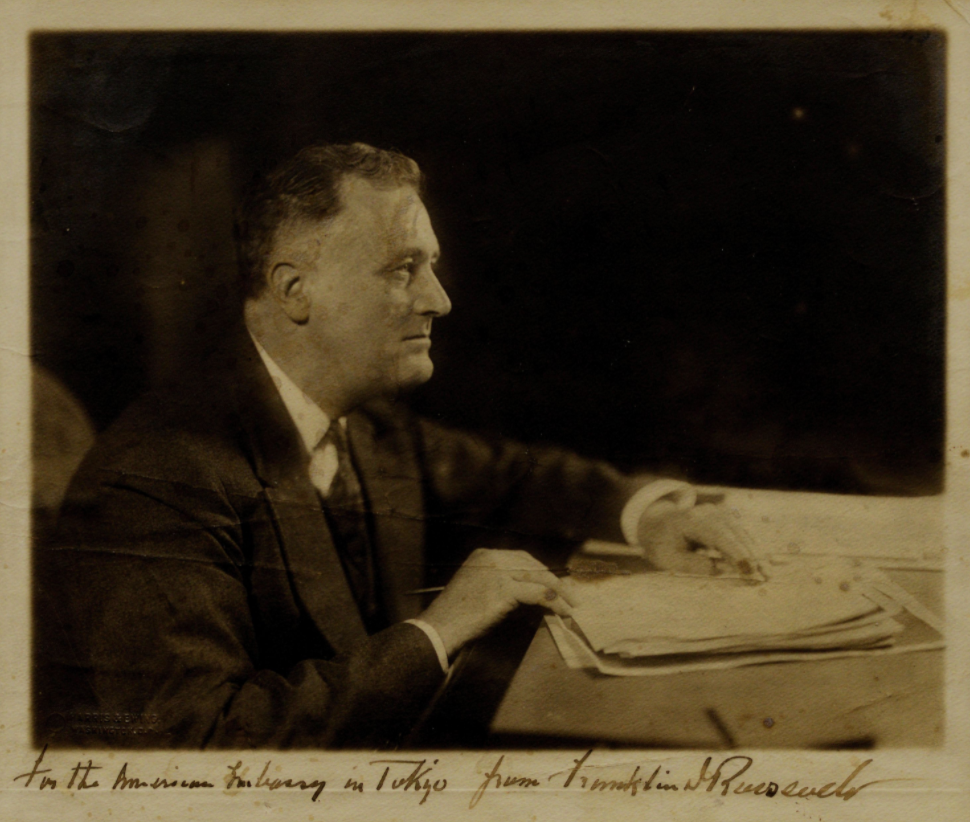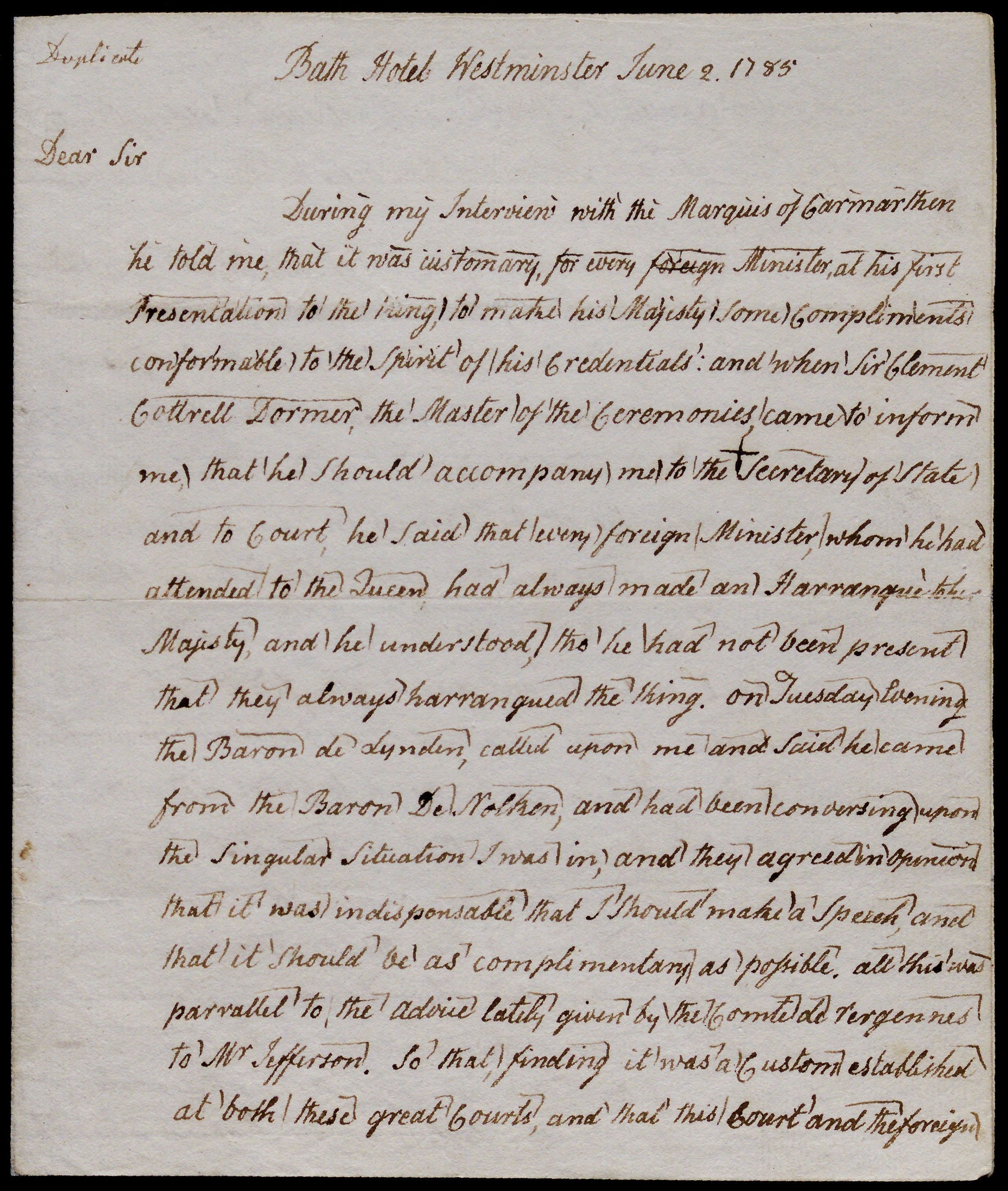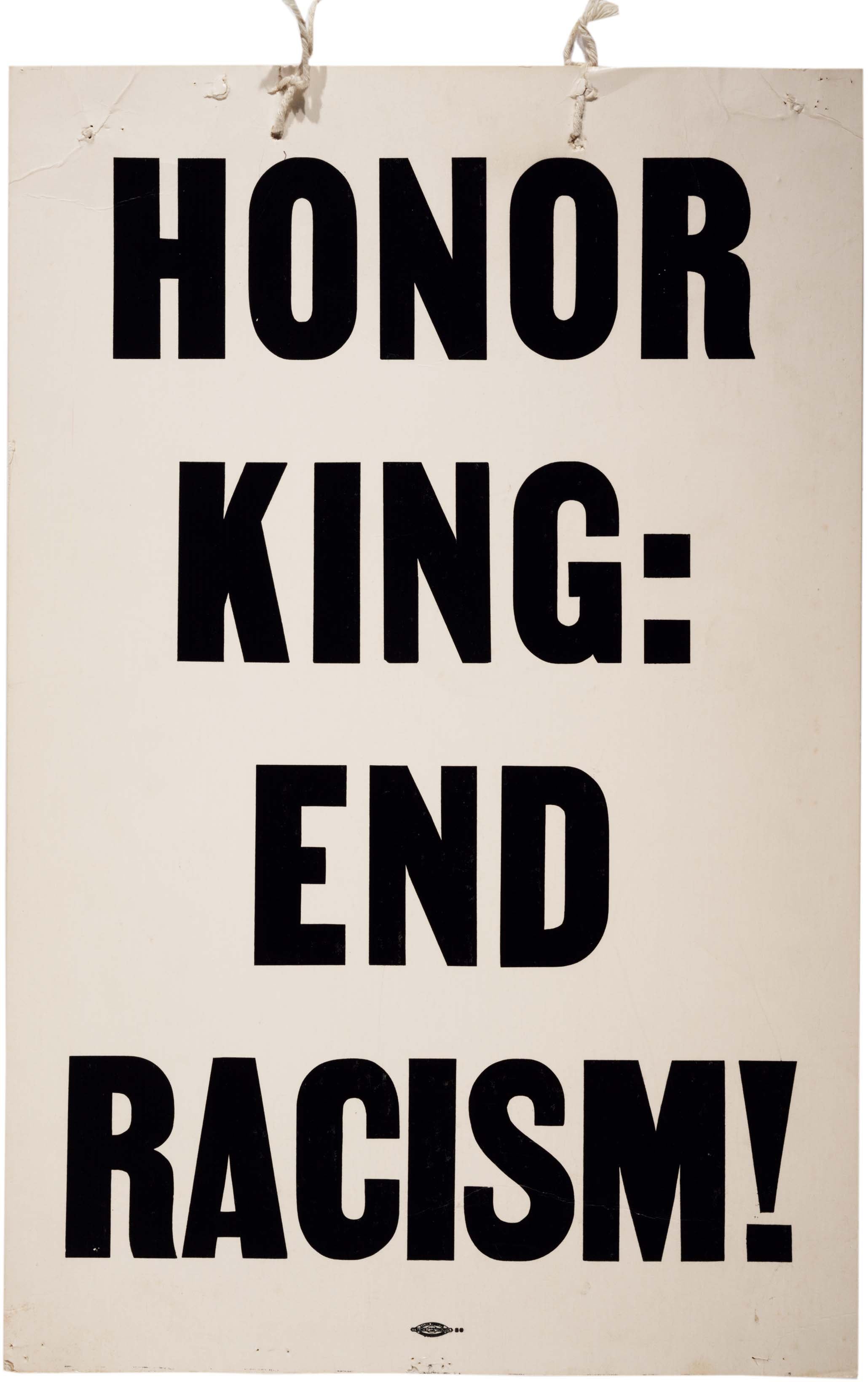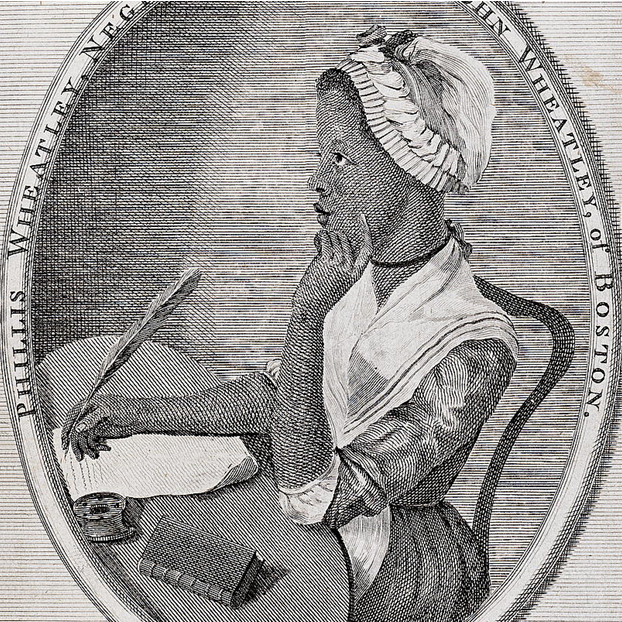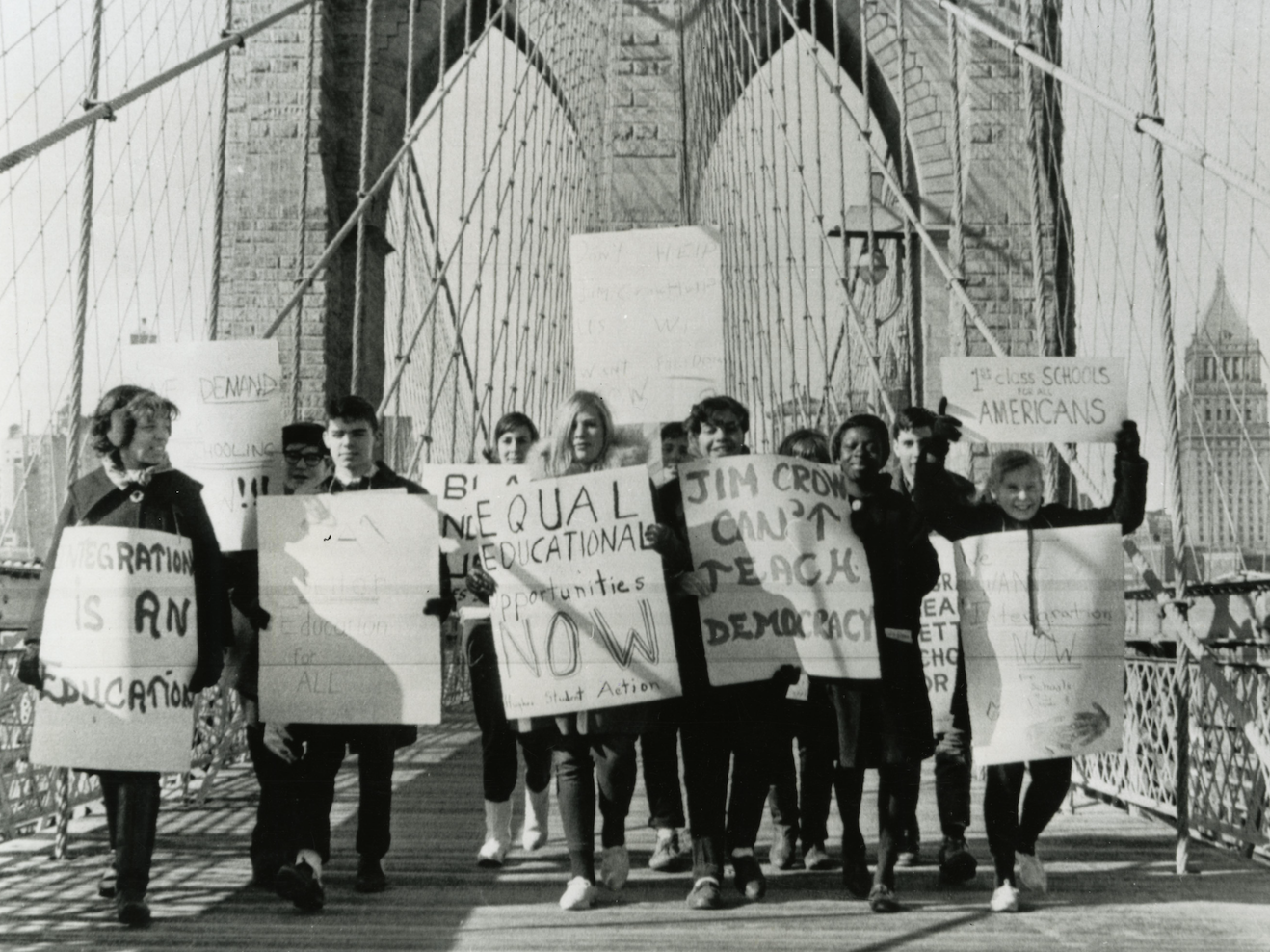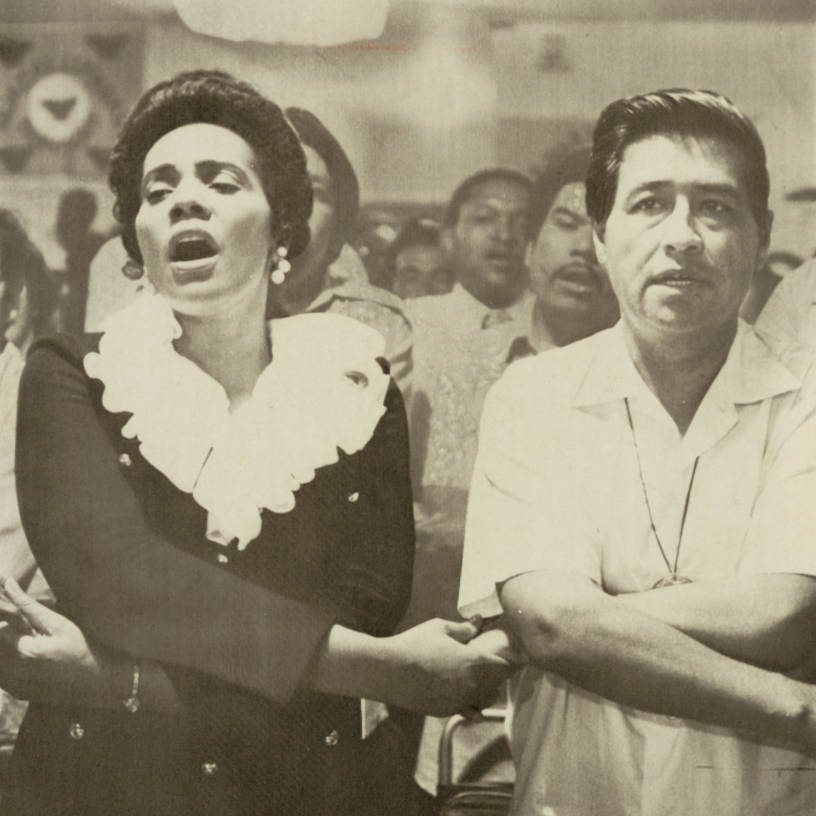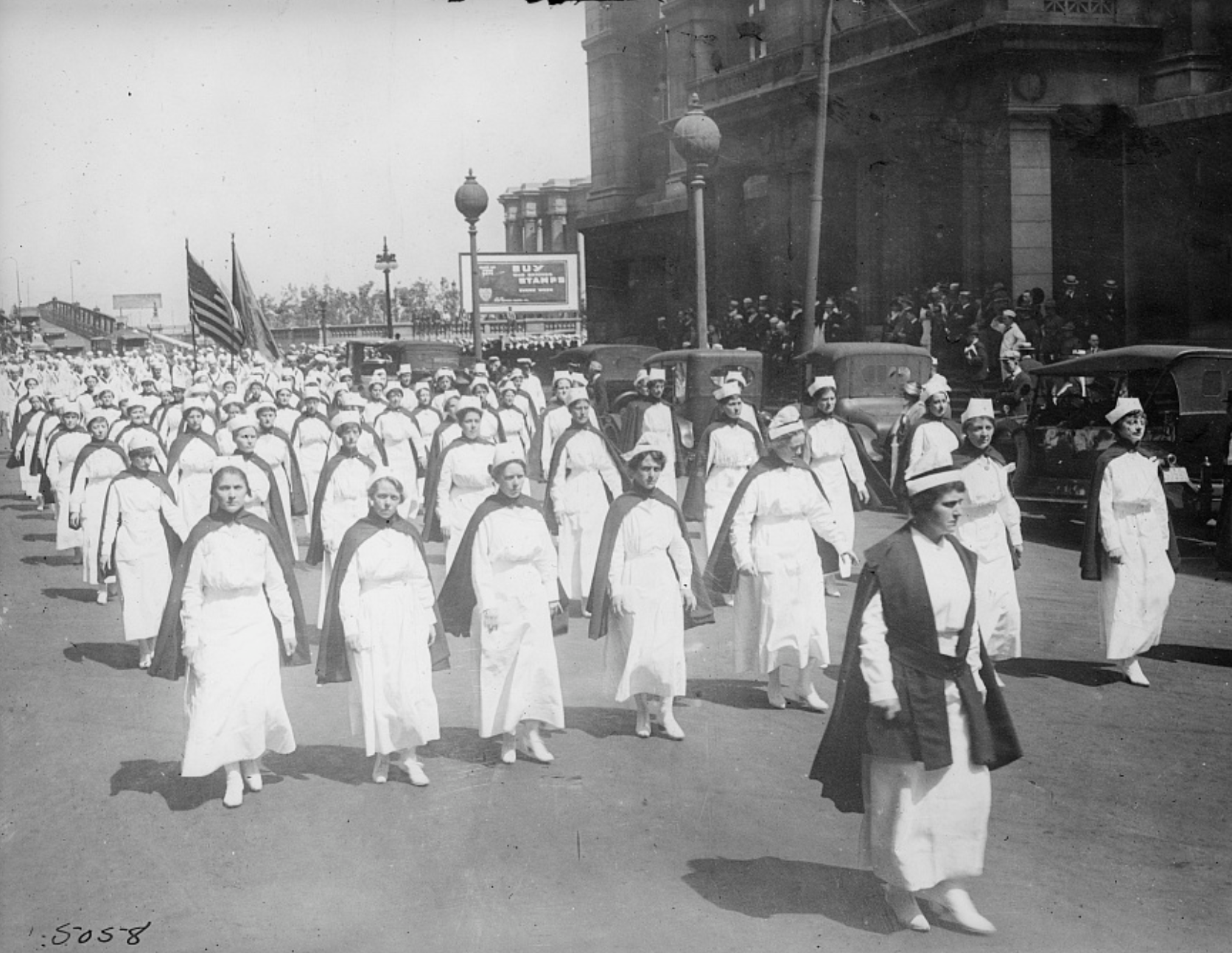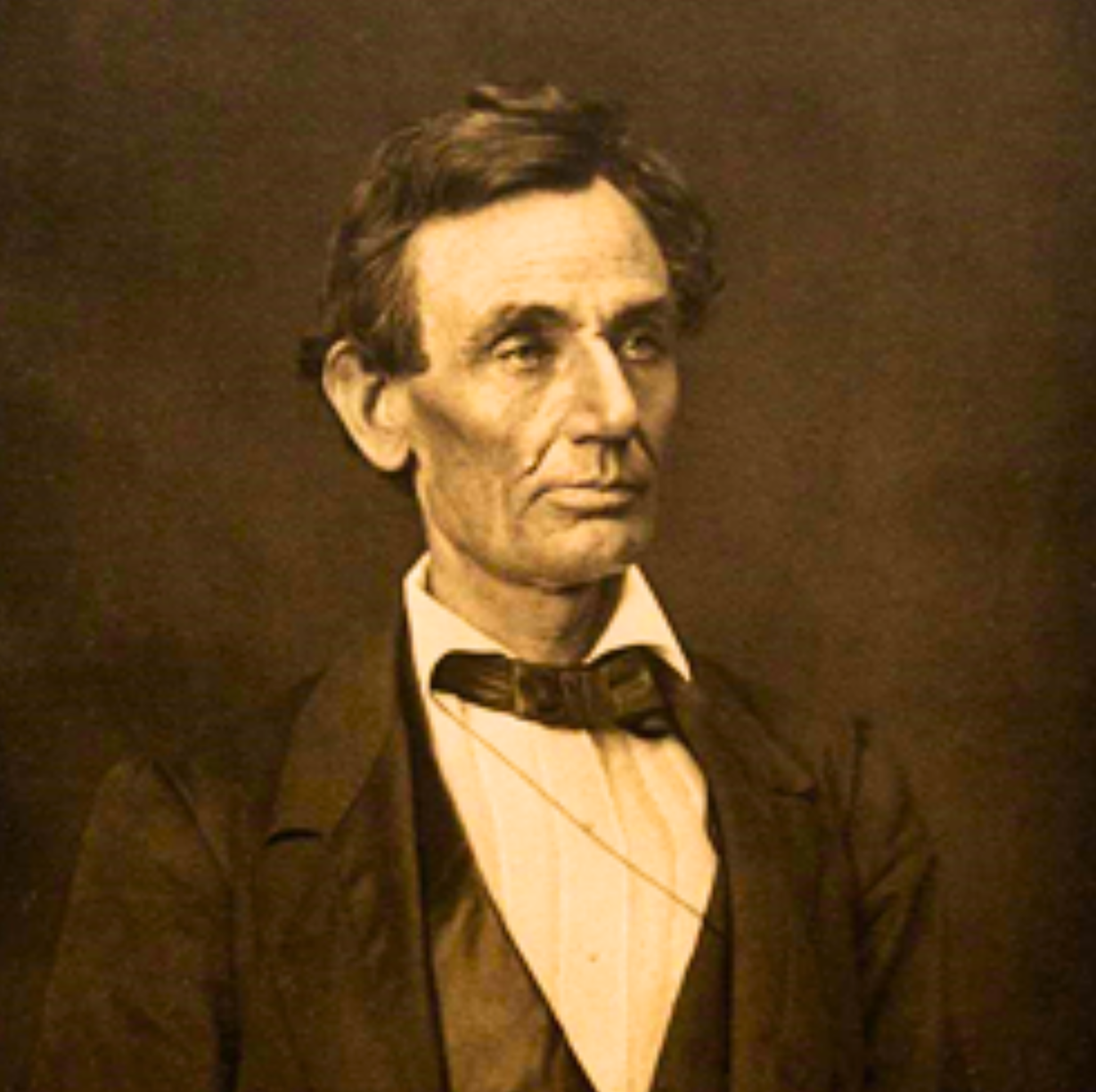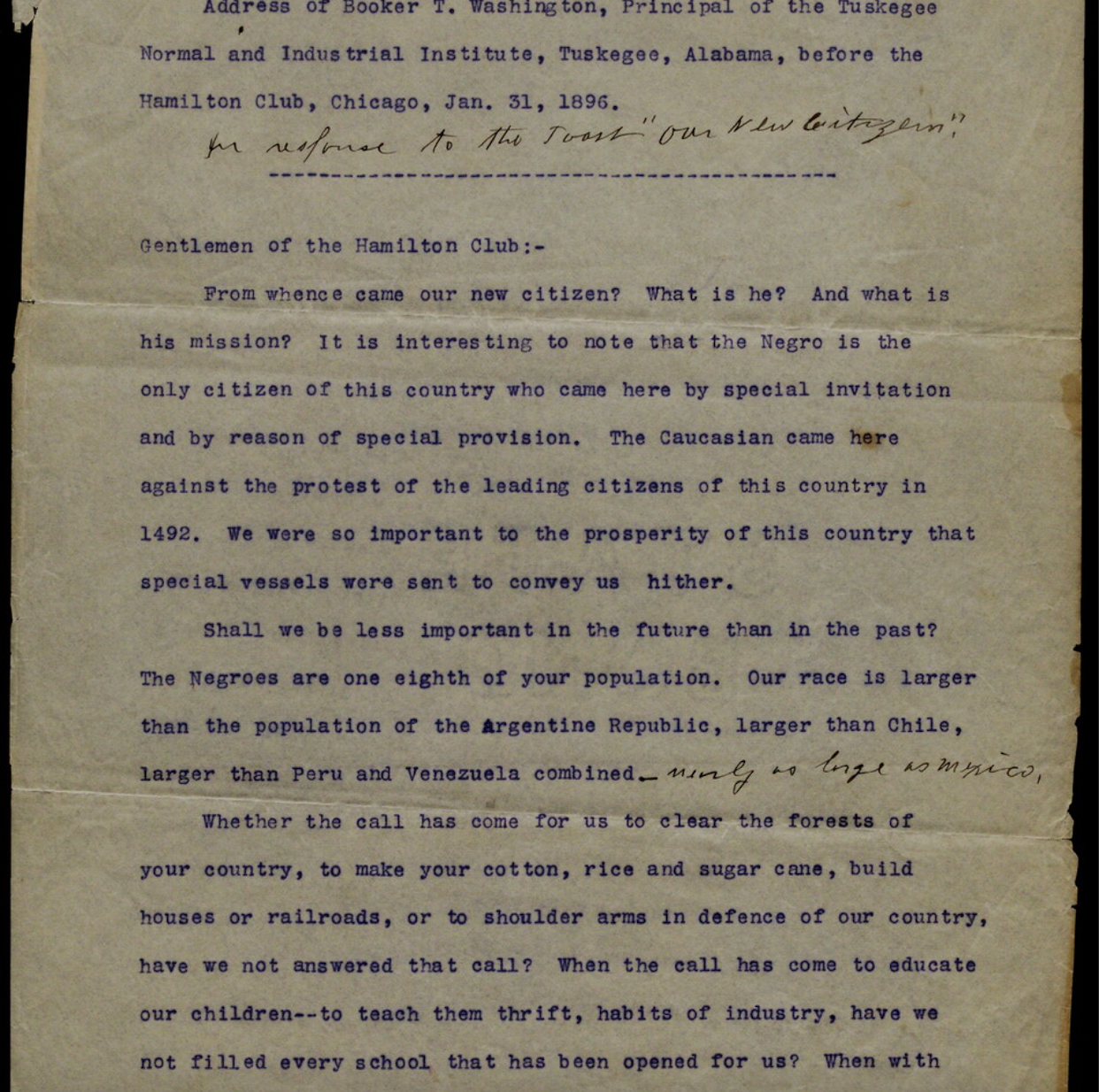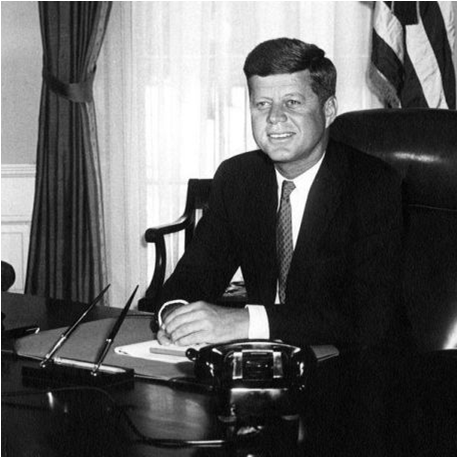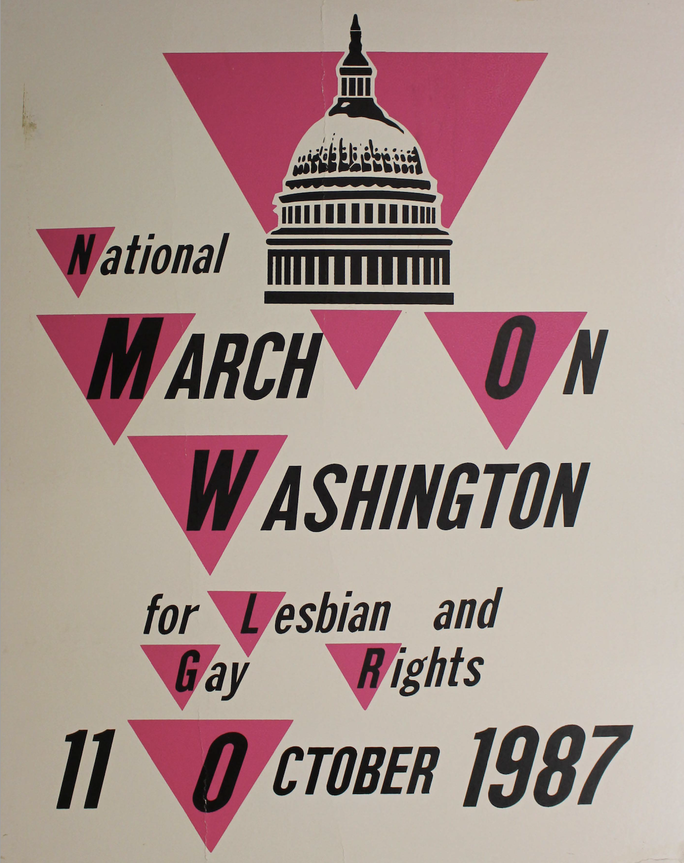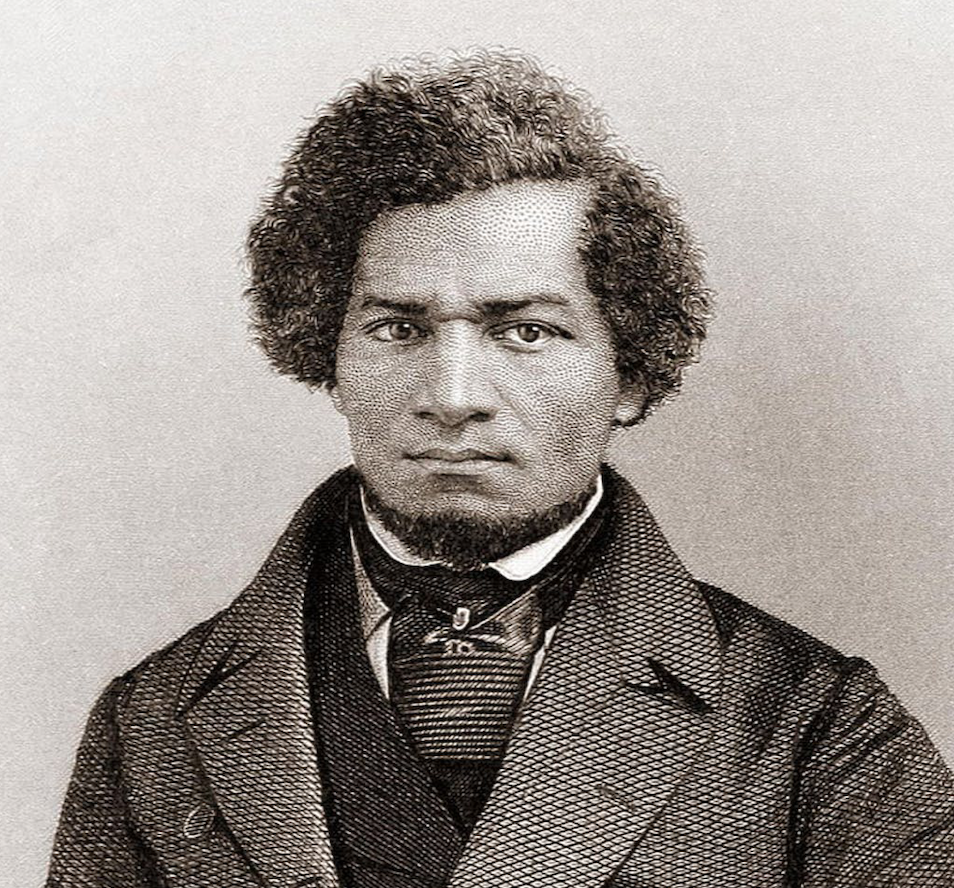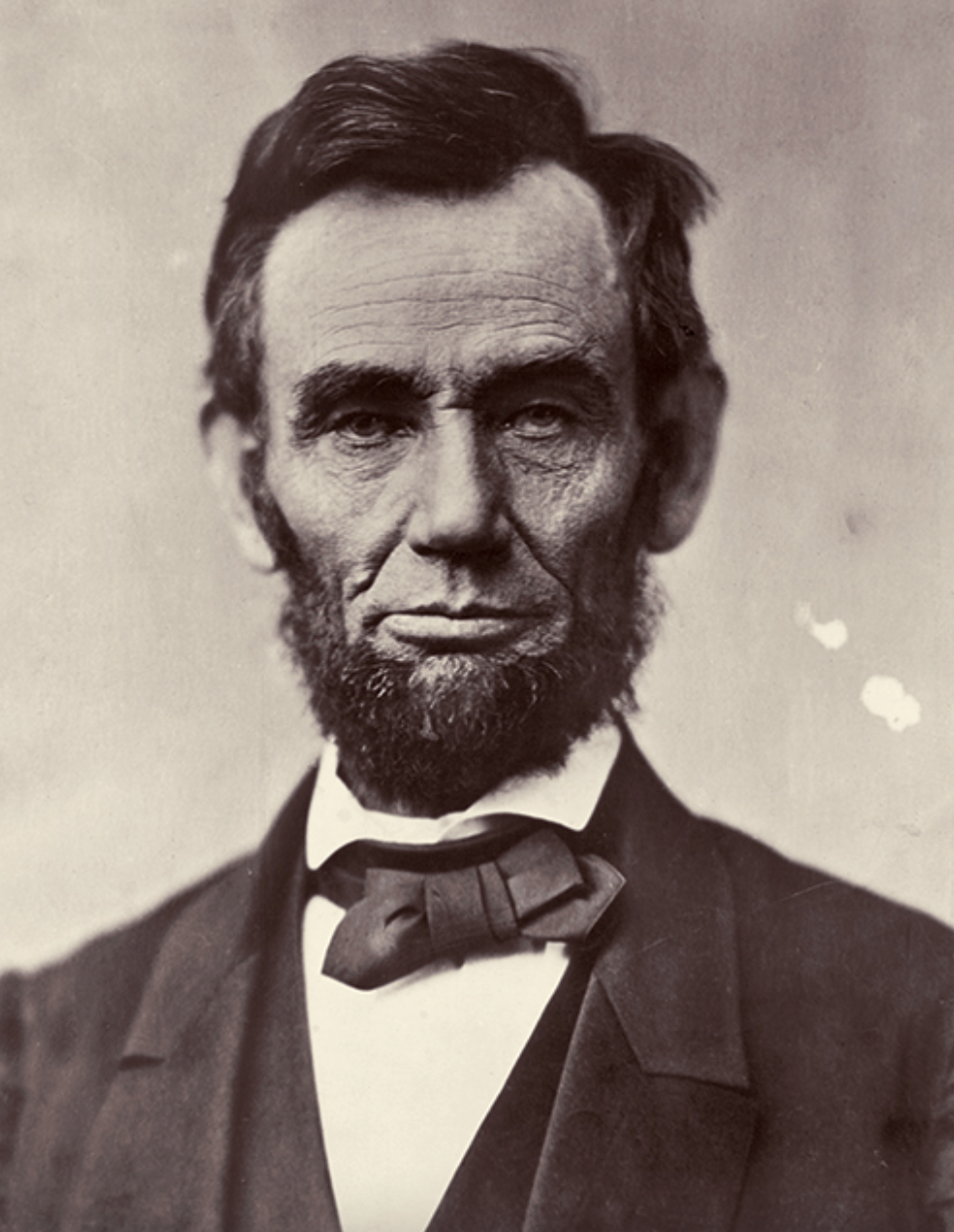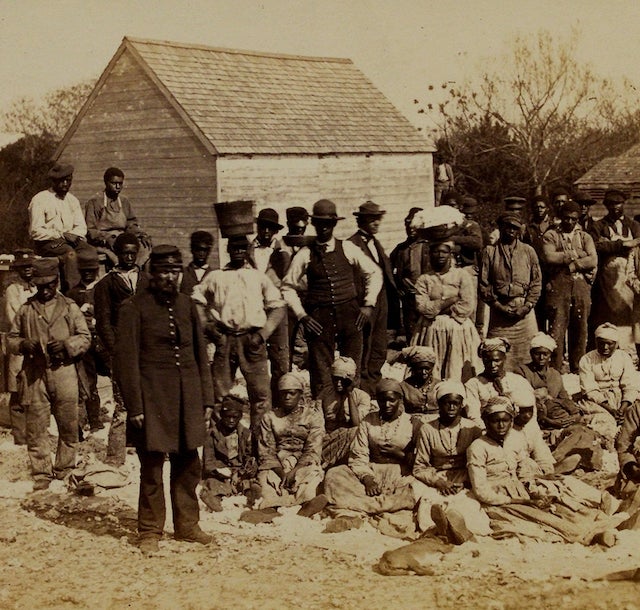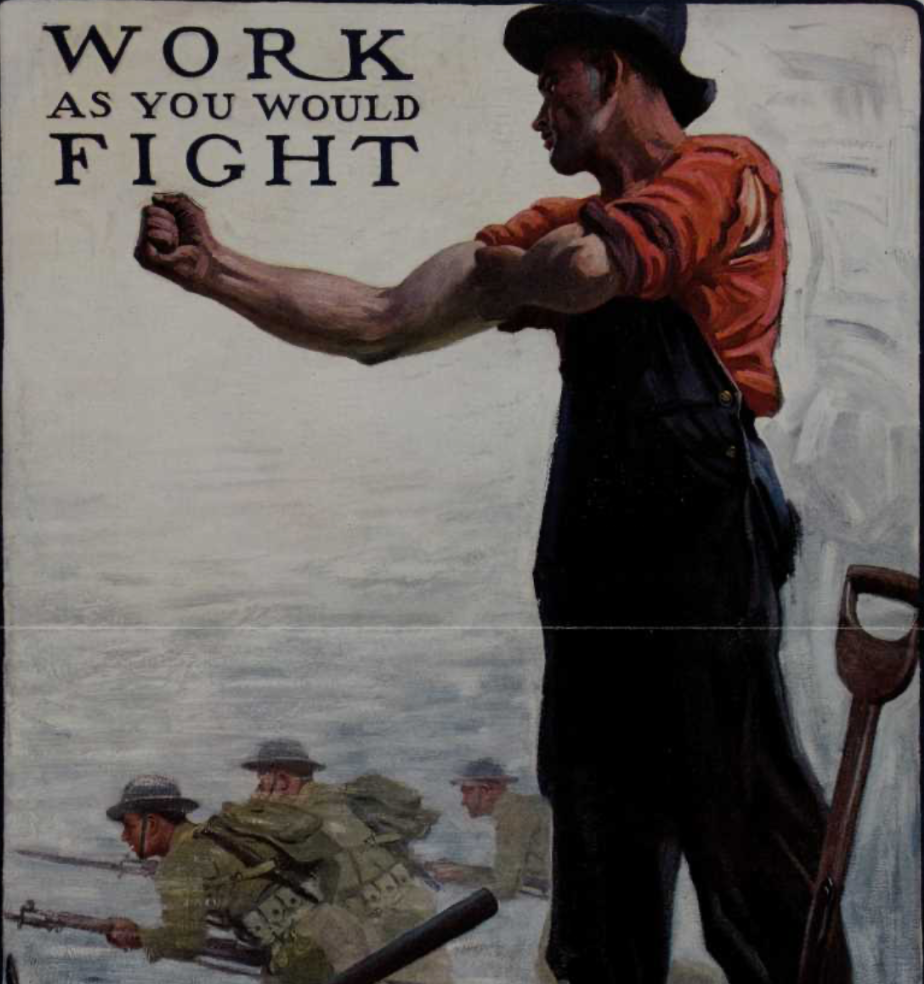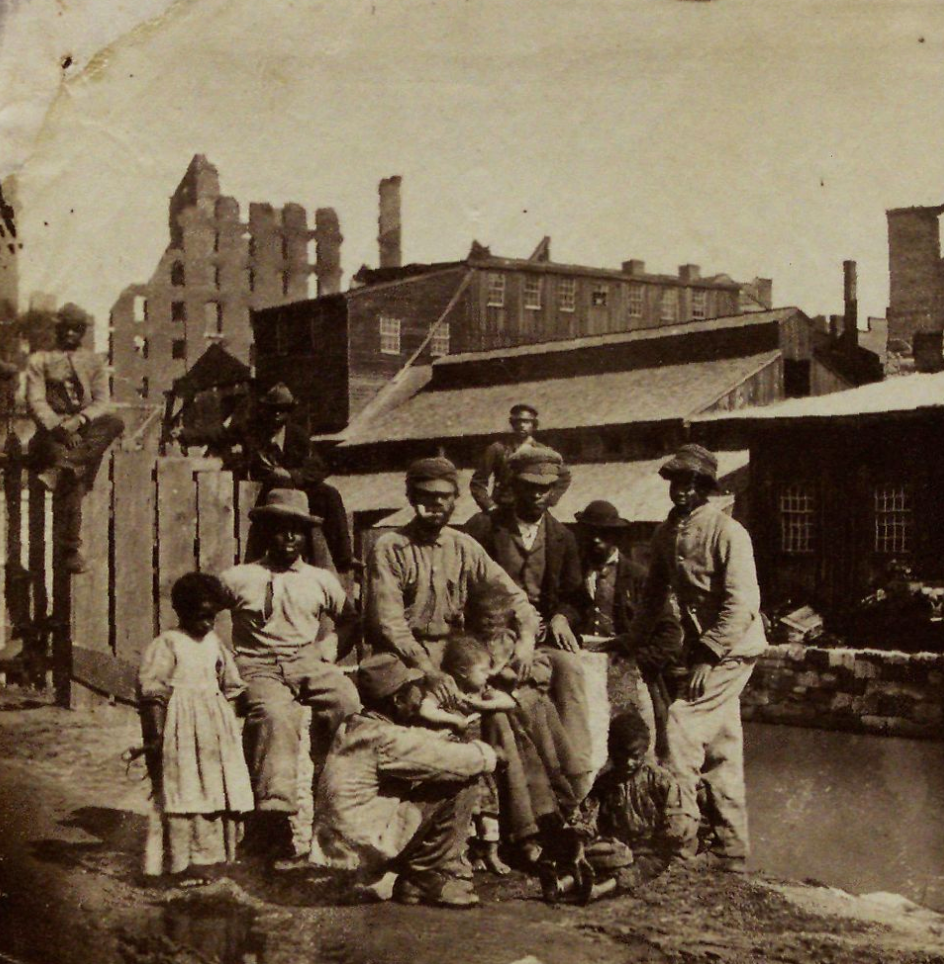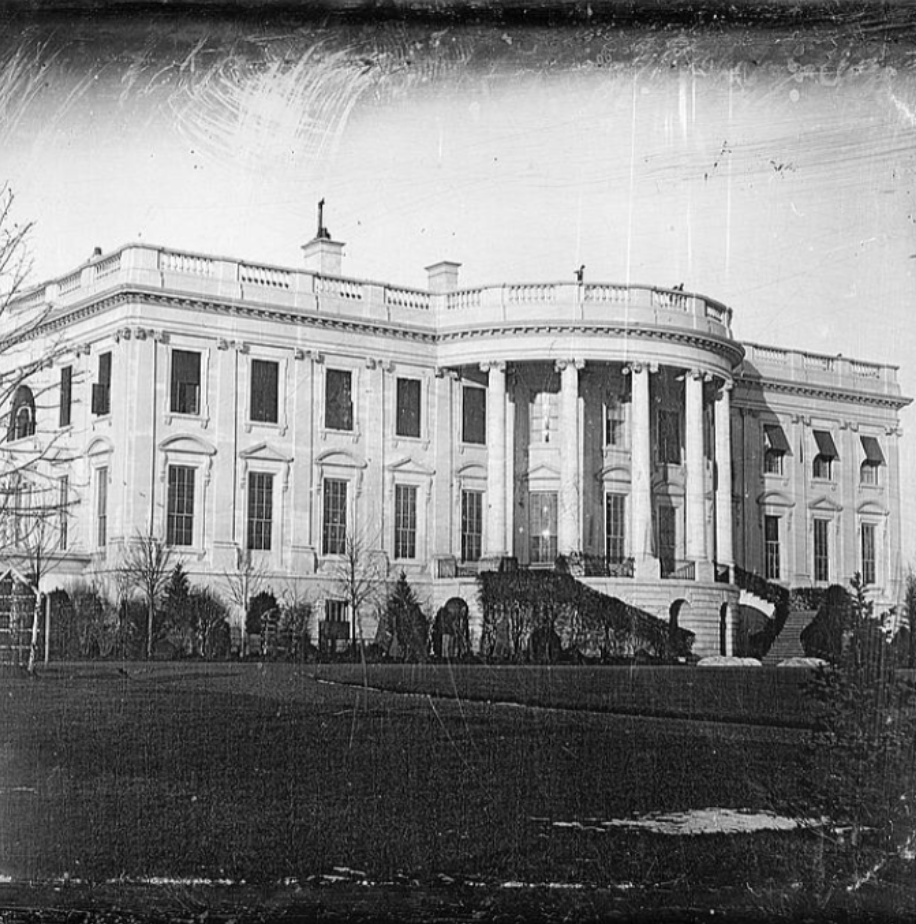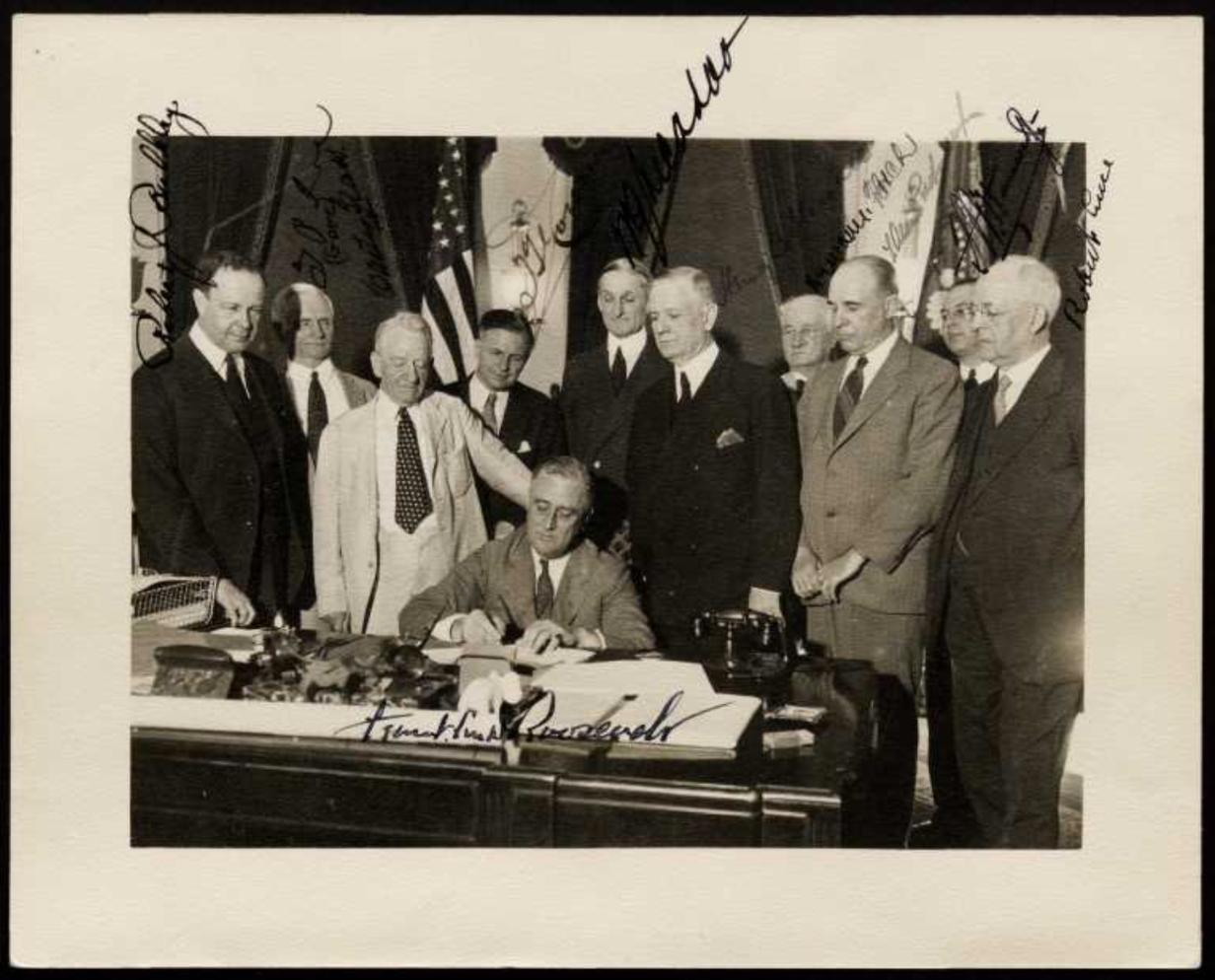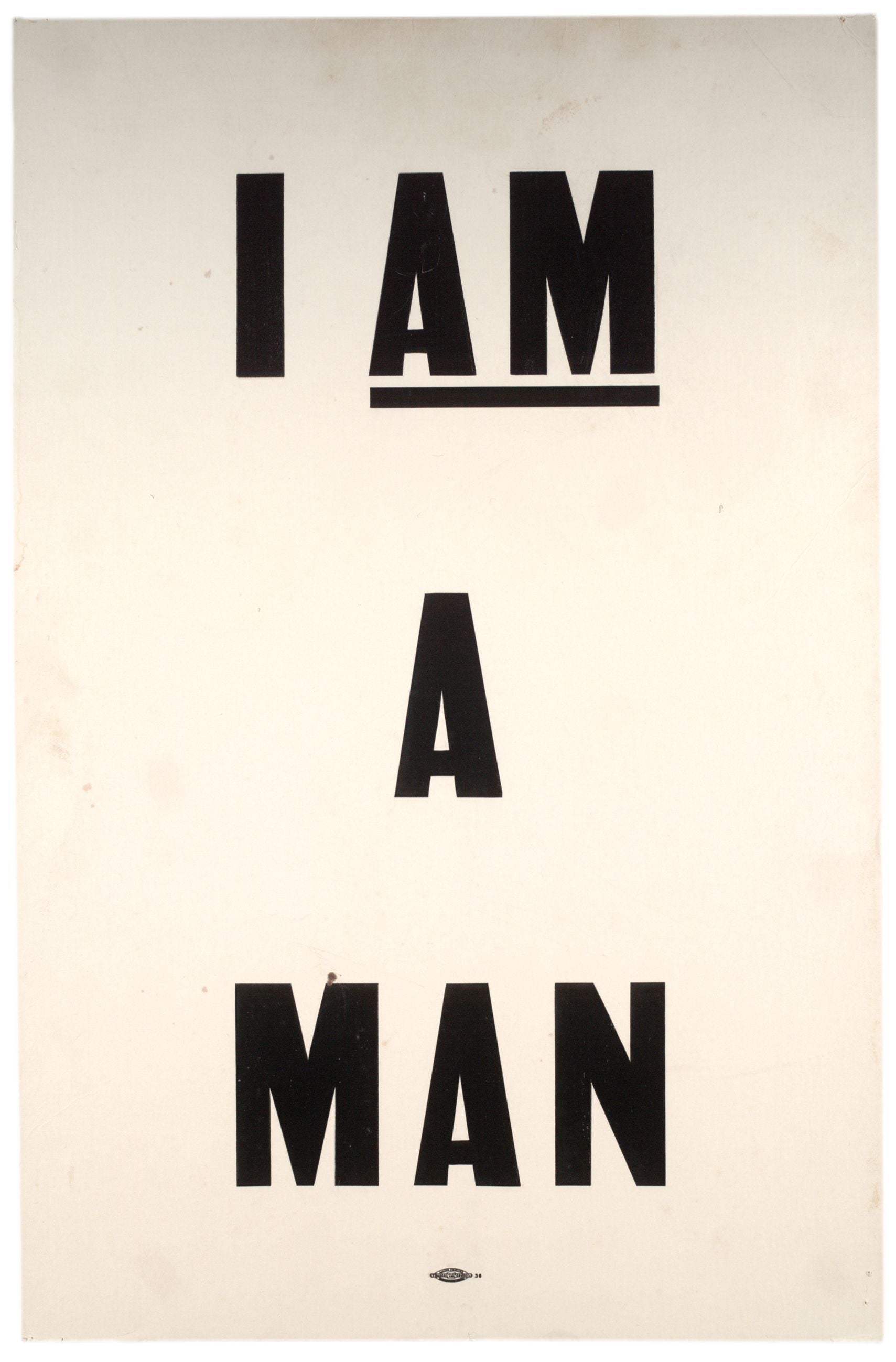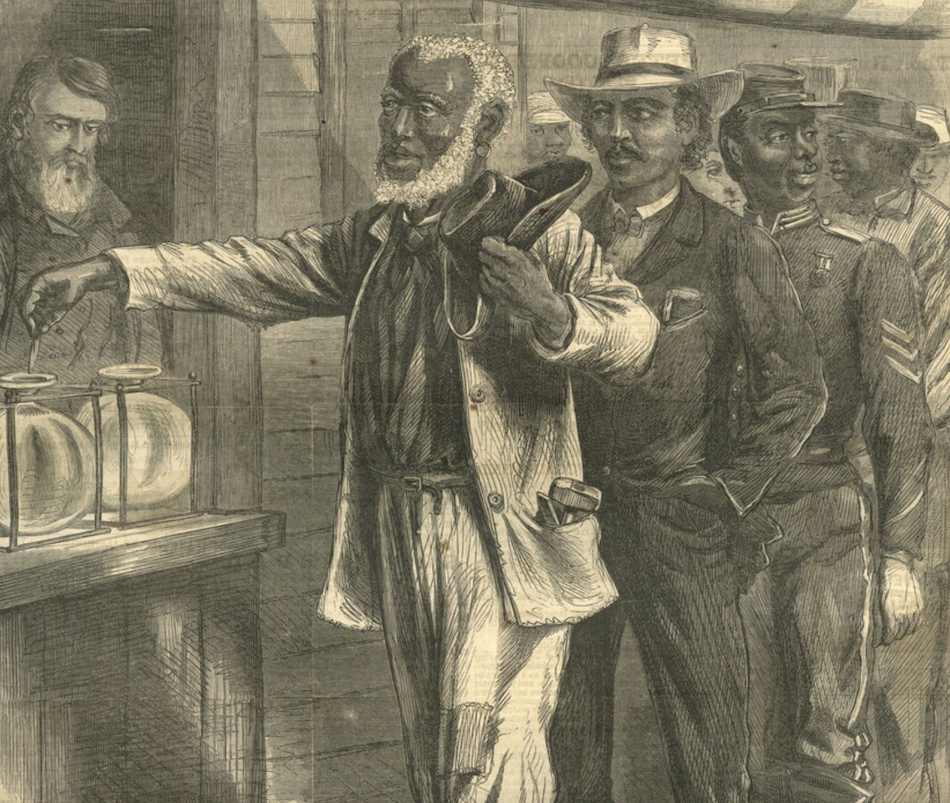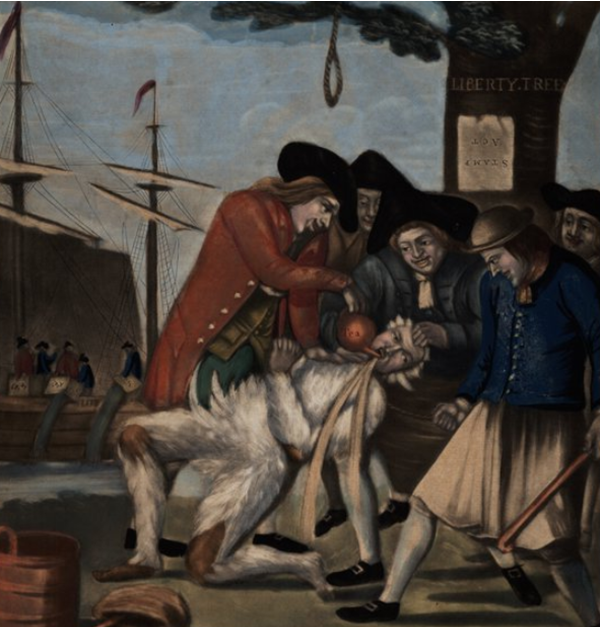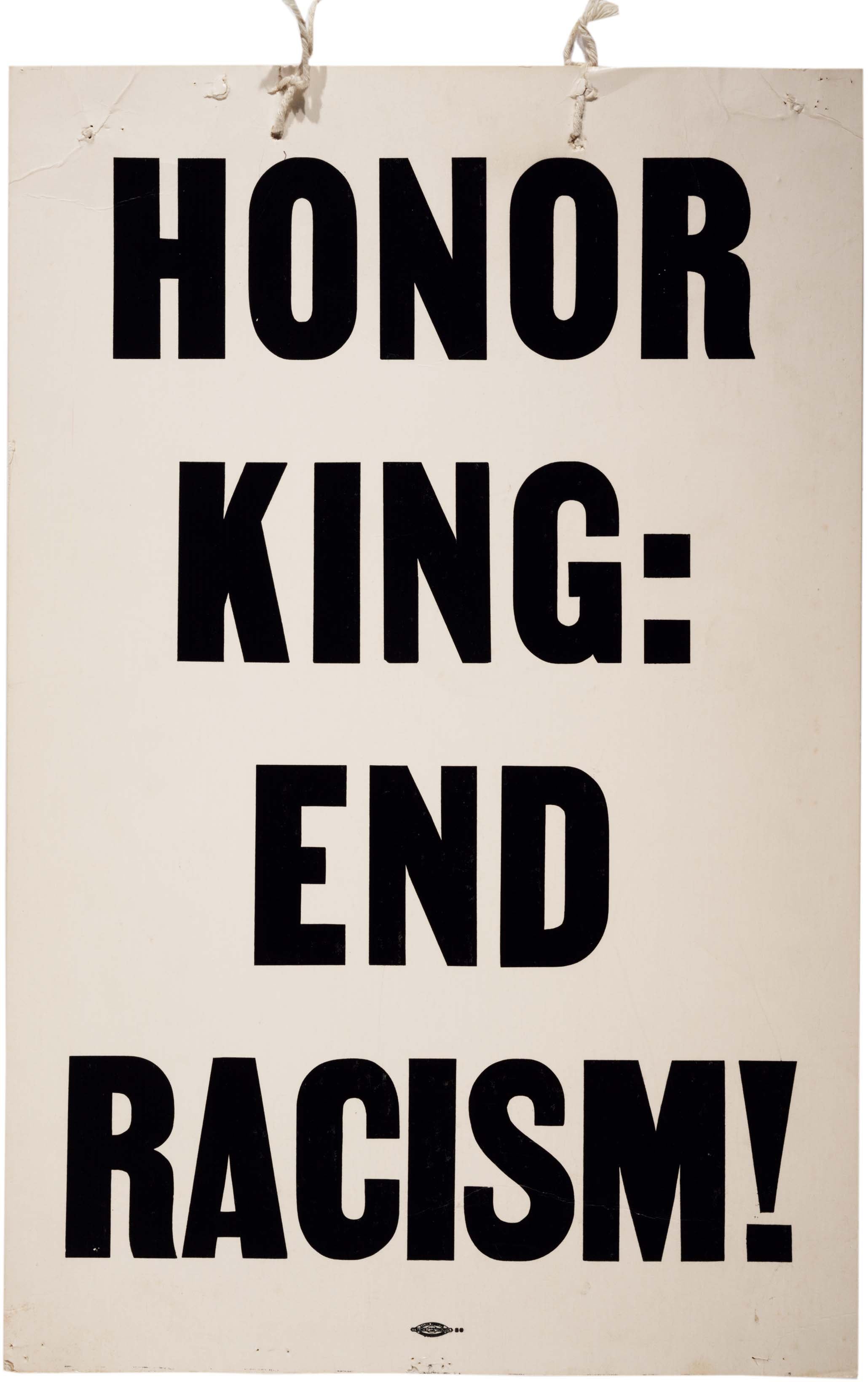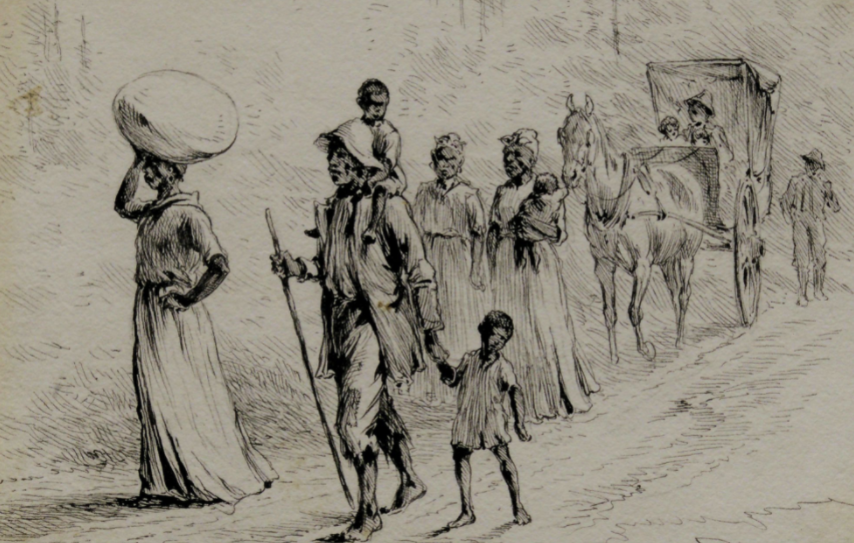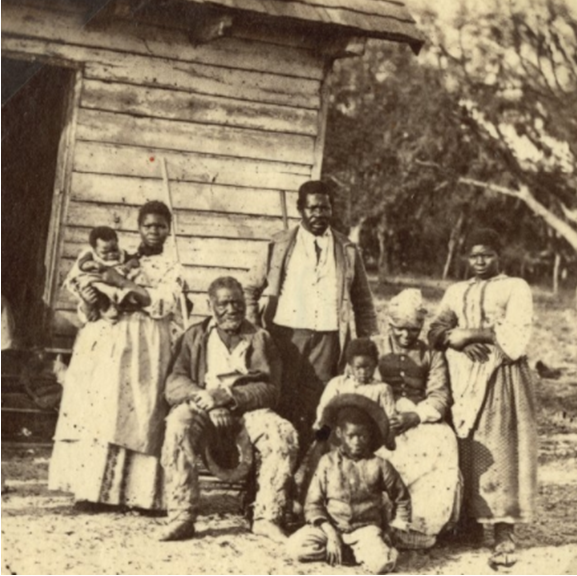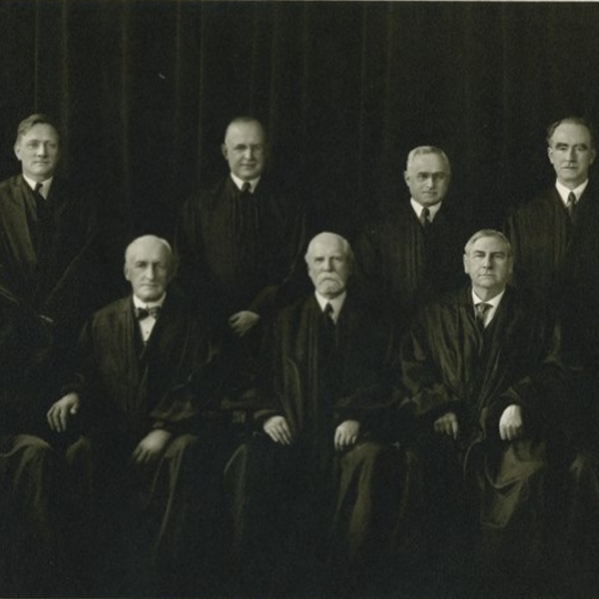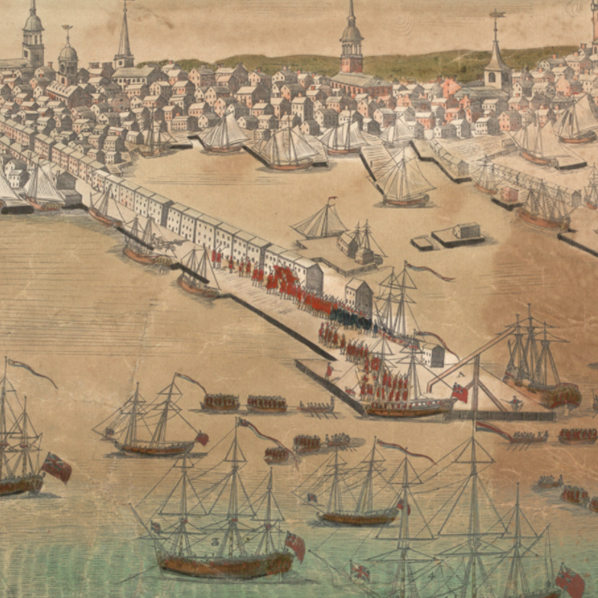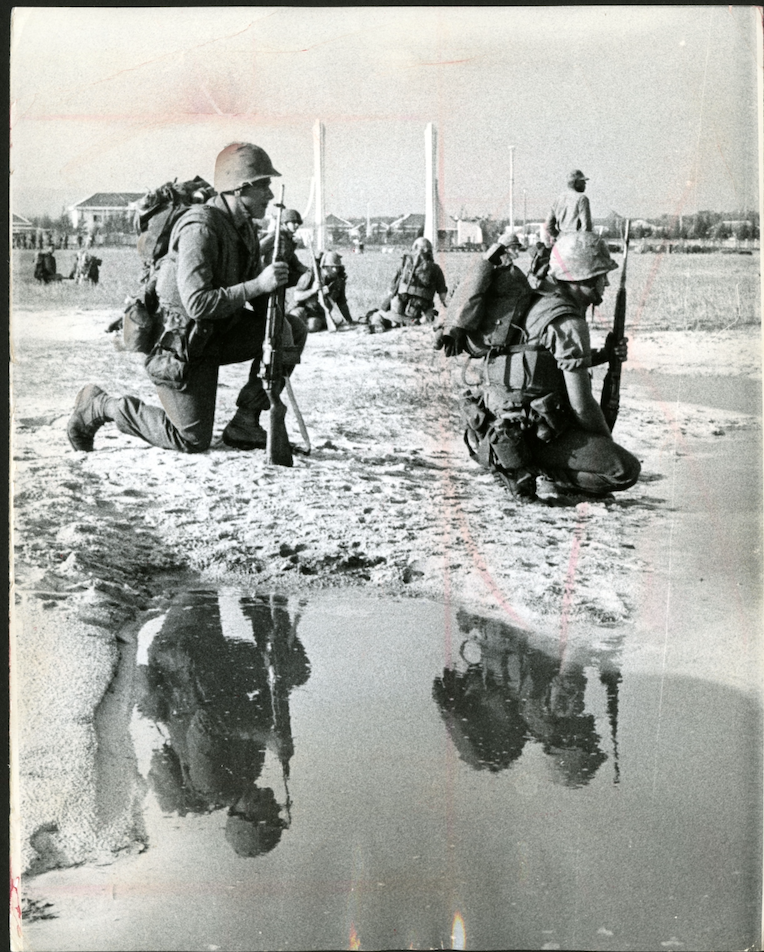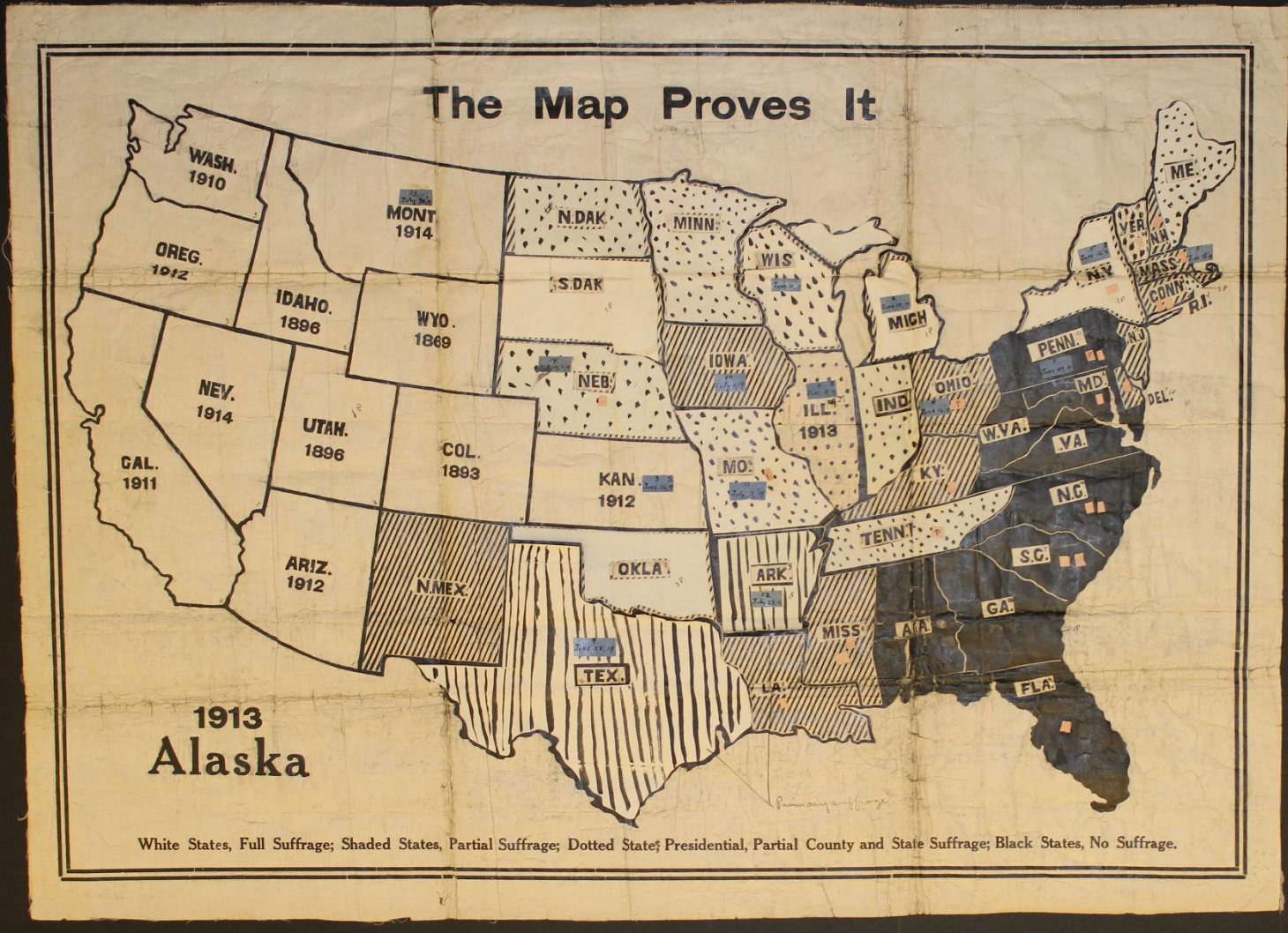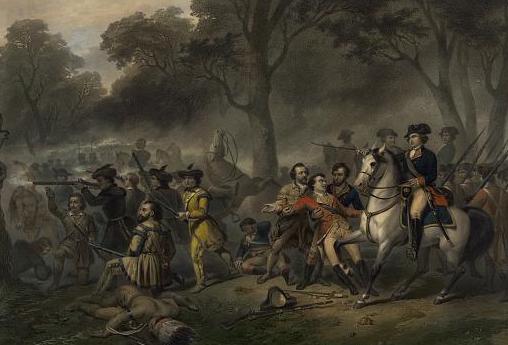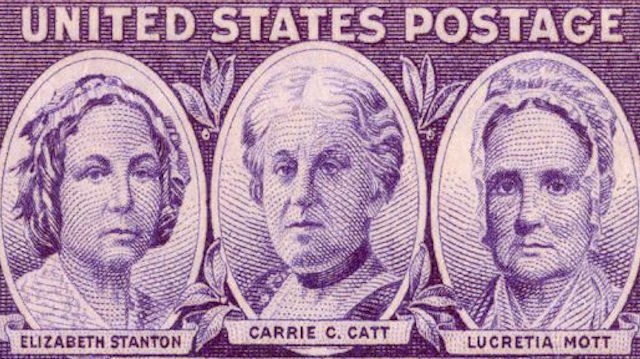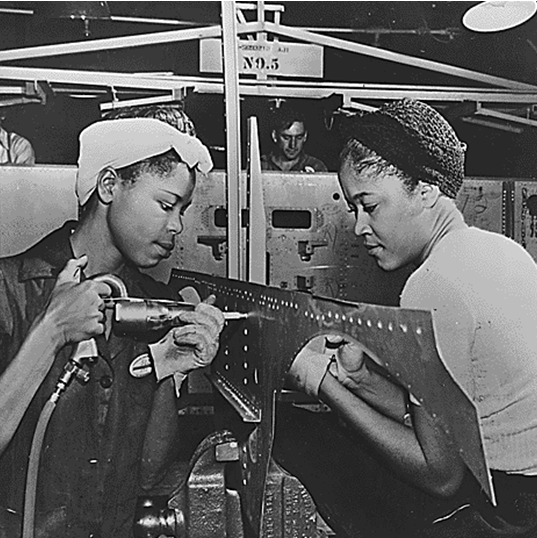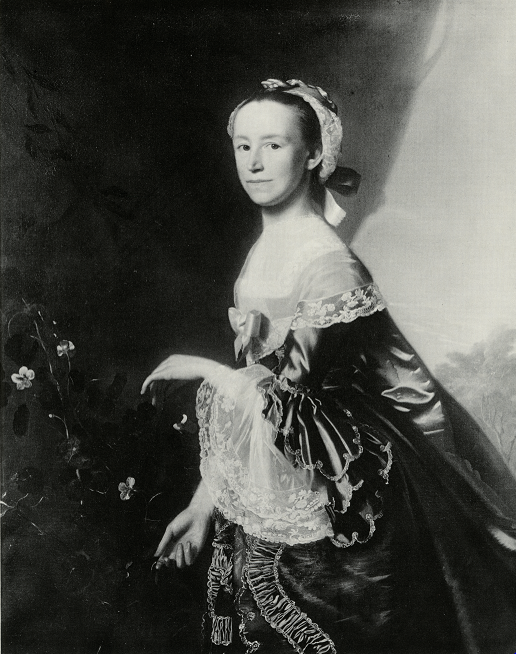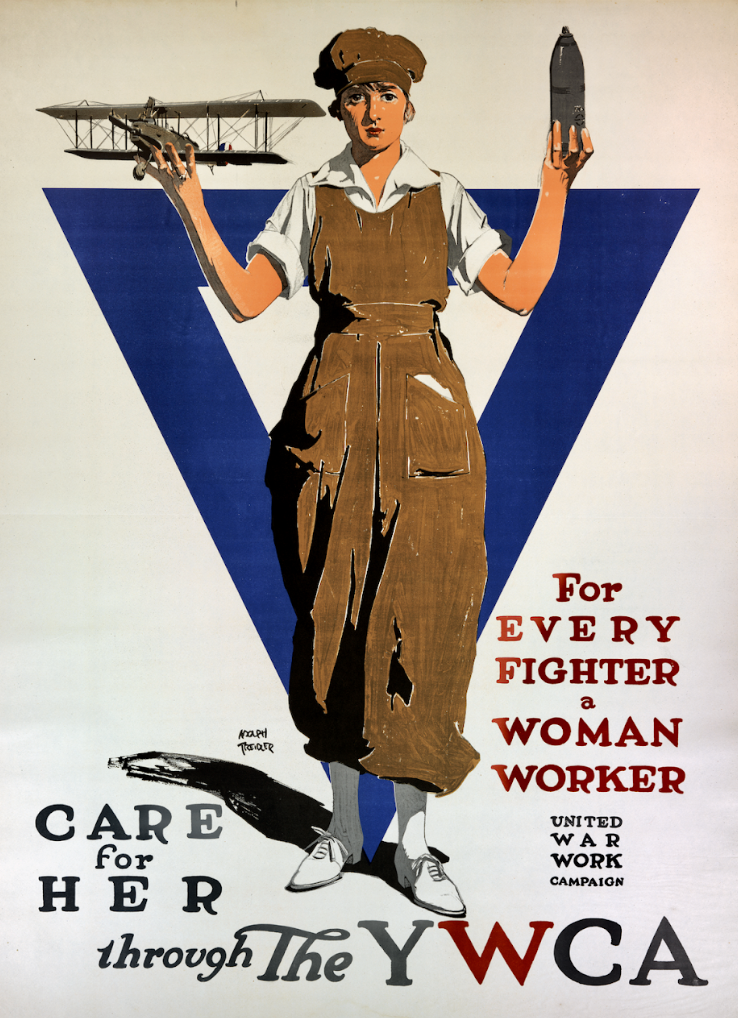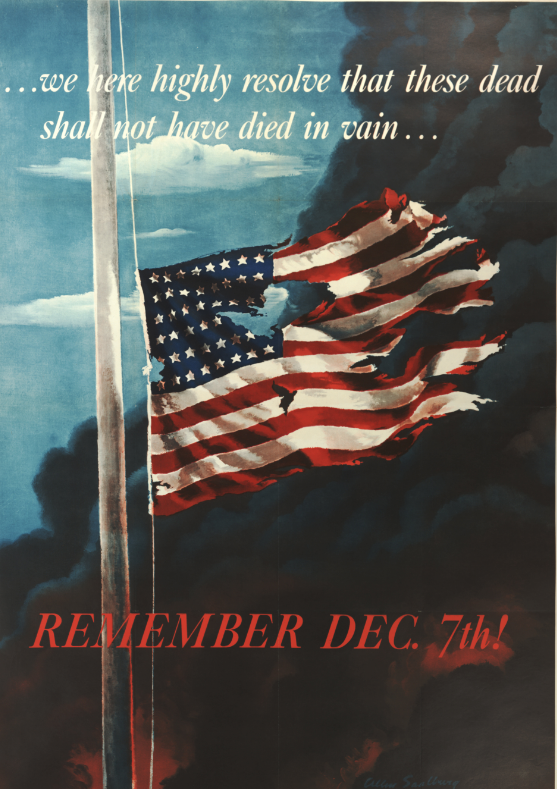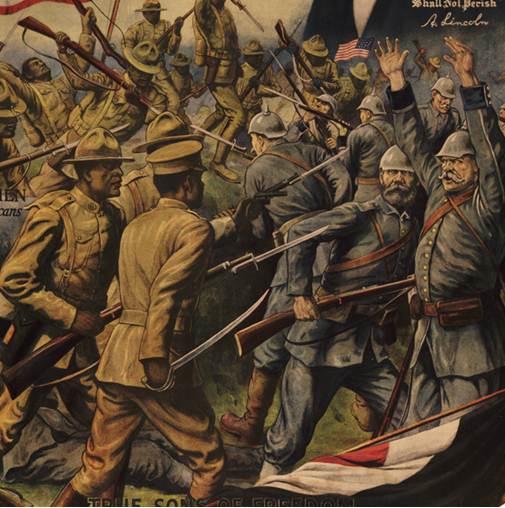Does my state or district accept Self-Paced Courses for professional development credit?
Over the past 25 years, educators in all 50 states have received approval for Gilder Lehrman’s professional development programs. This includes Self-Paced Courses, Summer PD, the MA in American History program, and on-site PD.
In addition, the Gilder Lehrman Institute is a fully approved professional development provider in Massachusetts, Michigan, Montana, New York, Texas, Washington, and the Clark County School District in Nevada.
We encourage you to contact your district if unsure whether you will receive PD credit for completing the Self-Paced Courses. If you require official PD approval from your state or district, please contact us, and we will be happy to submit all the necessary documentation to complete the approval process.
To learn more—or to discuss a district partnership or statewide registration—please contact us at selfpacedcourses@gilderlehrman.org.
Does the course have a time limit or an expiration date?
Time limits have been removed from all self-paced courses, and course access does not expire.
How do I obtain my certificate of completion?
After finishing your course by scoring 80 or higher on each quiz, you will find the “Click here to download your certificate” link under the last quiz.
This generalized certificate lists your name, course title, and number of credit hours earned. If the name on your certificate is wrong, or if you require more detailed documentation, please email selfpacedcourses@gilderlehrman.org.
How can I obtain professional development credit hours for completing a course?
Each Self-Paced Course equals 15 contact hours of professional development credit (except Alexander Hamilton’s America and The Era of Theodore Roosevelt, which include 8 contact hours, and Teaching with Documents, which includes 3). Most teachers can use either the certificate of completion or a more detailed letter of completion (obtained by emailing us) to receive credit for the course.
If you are a teacher in Massachusetts, Michigan, Montana, New York, Texas, or Washington, please email selfpacedcourses@gilderlehrman.org to obtain a letter of completion with our state PD registry number and the required course information, which will ensure you receive professional development credit.
If you are in a state where we are not an officially approved PD vendor, please email selfpacedcourses@gilderlehrman.org, and we can work with your state or district to receive PD documentation and/or approval.
